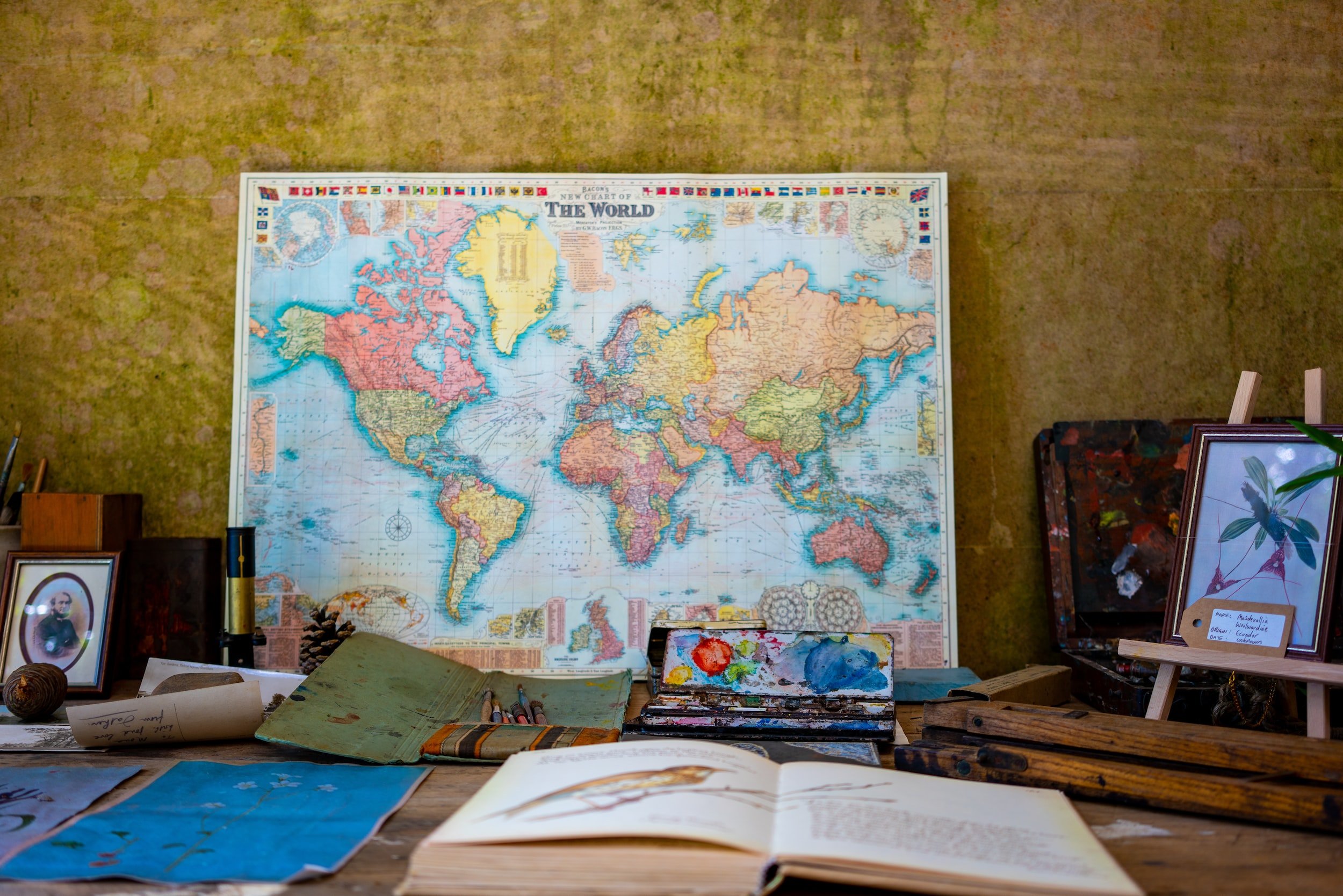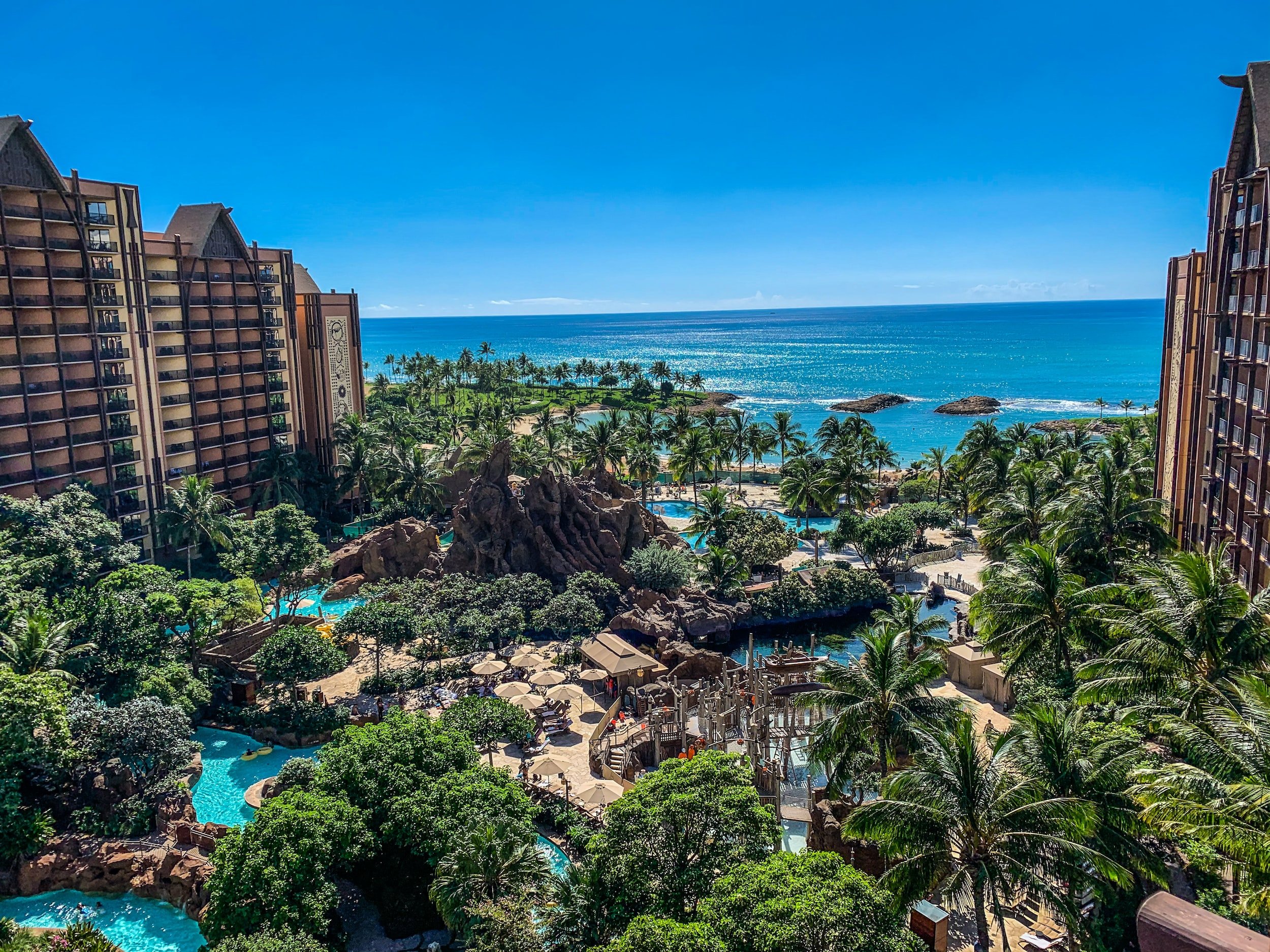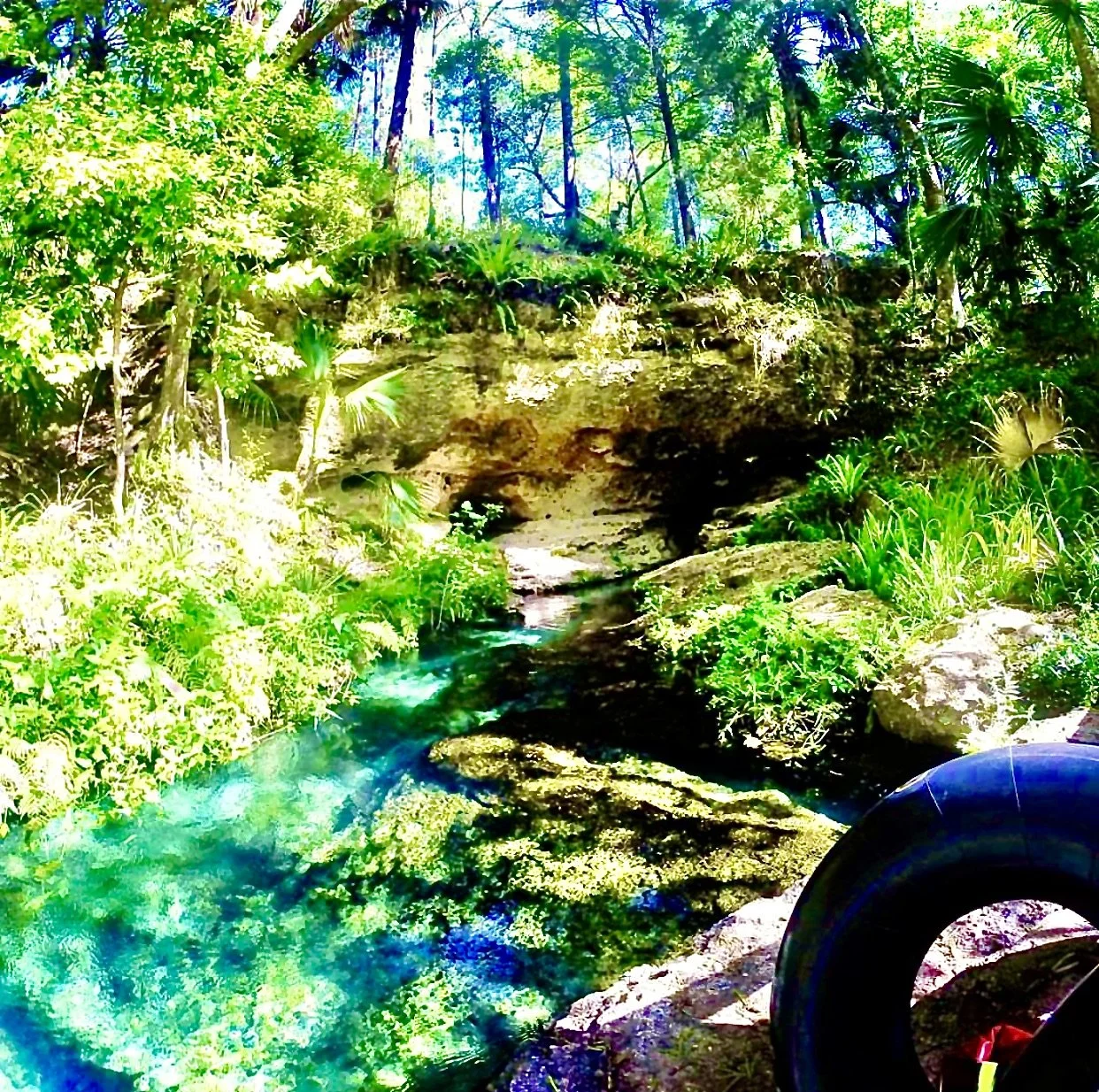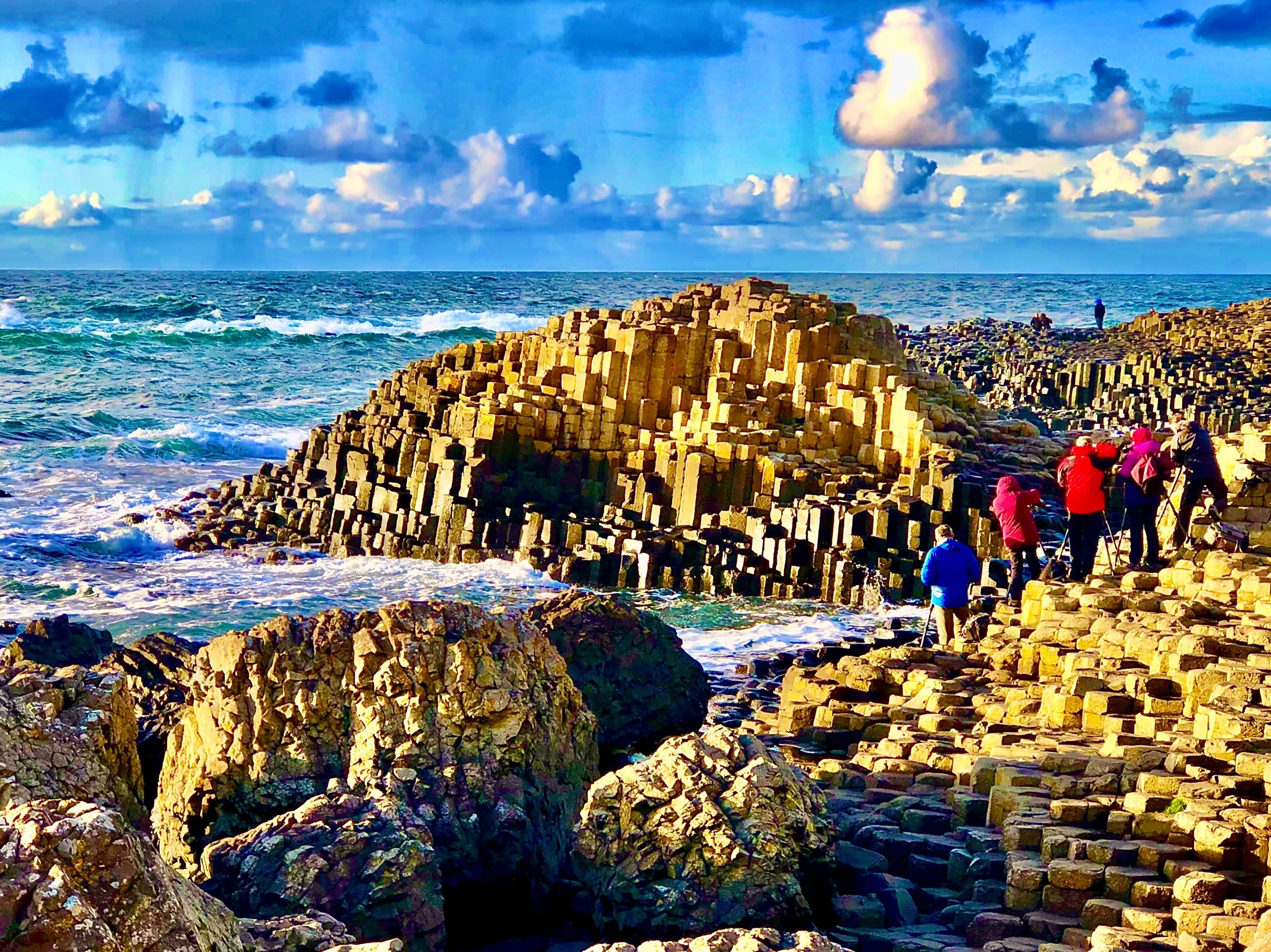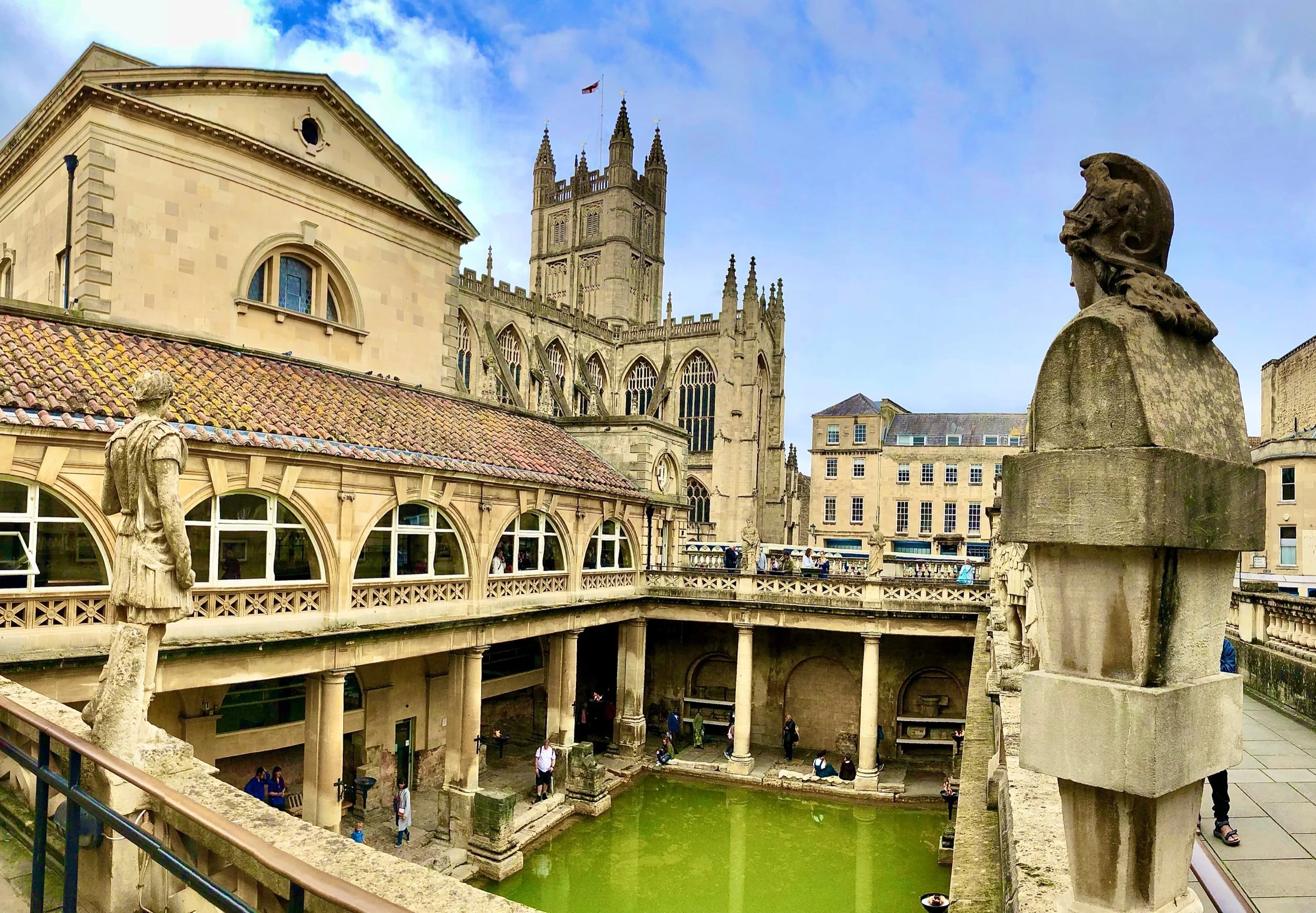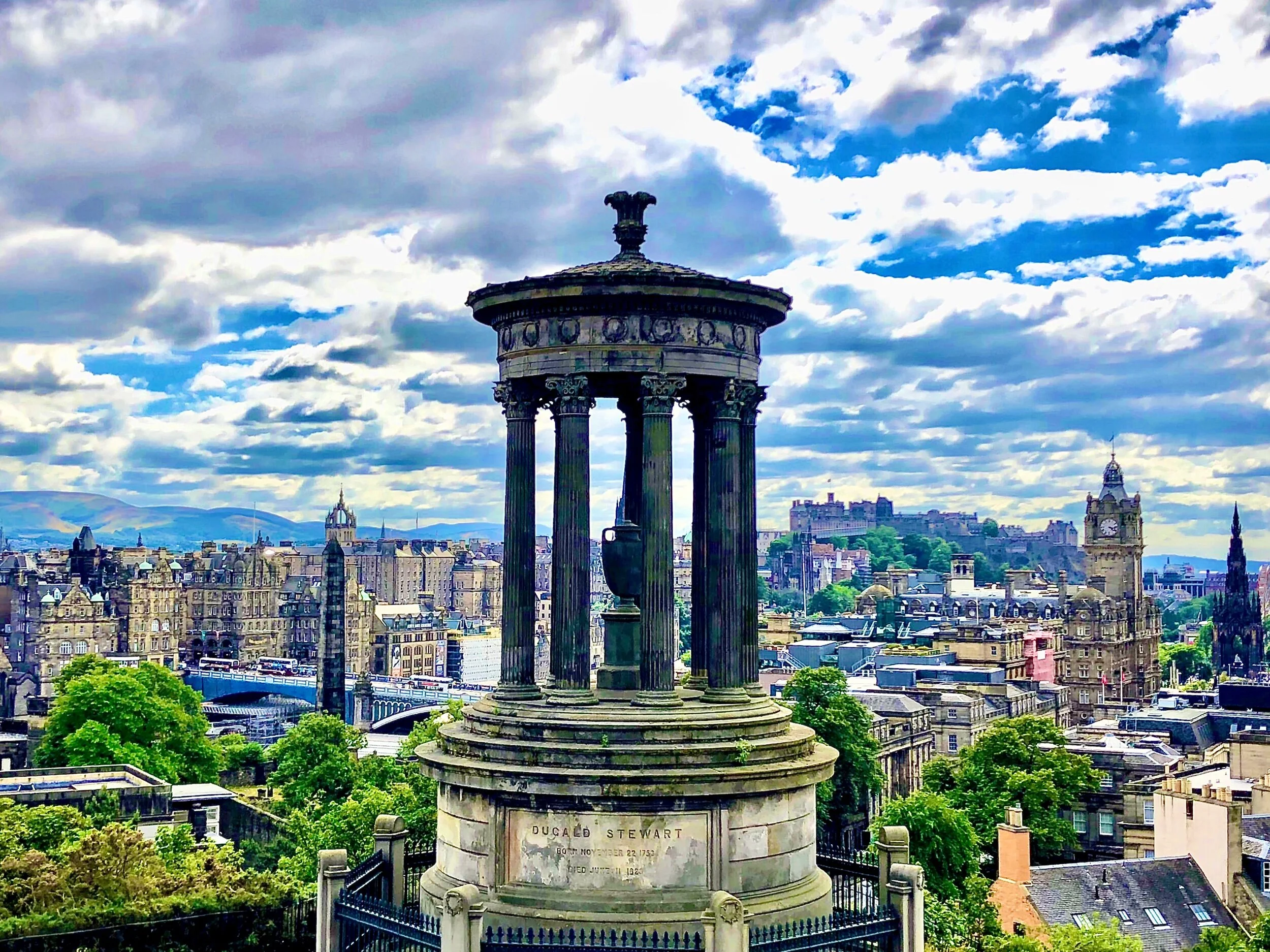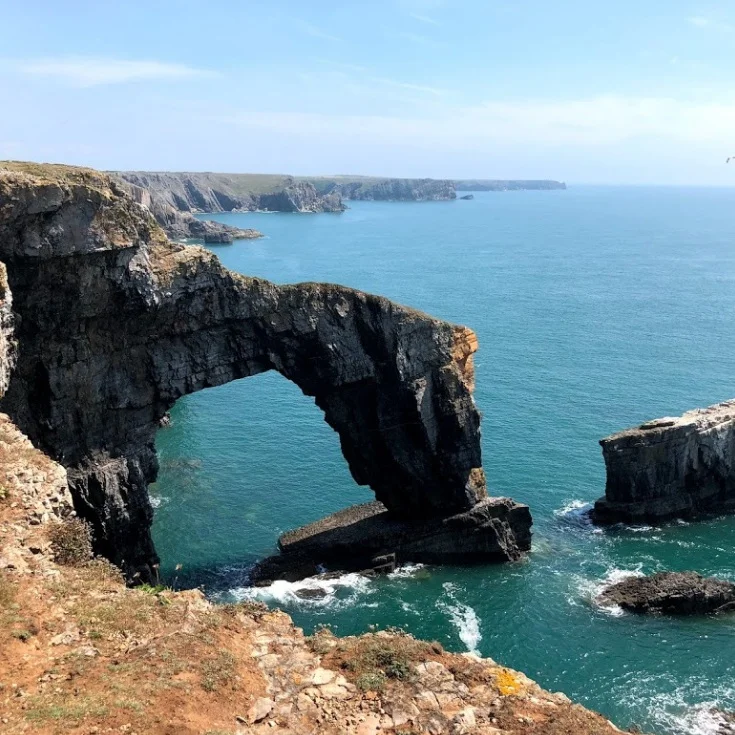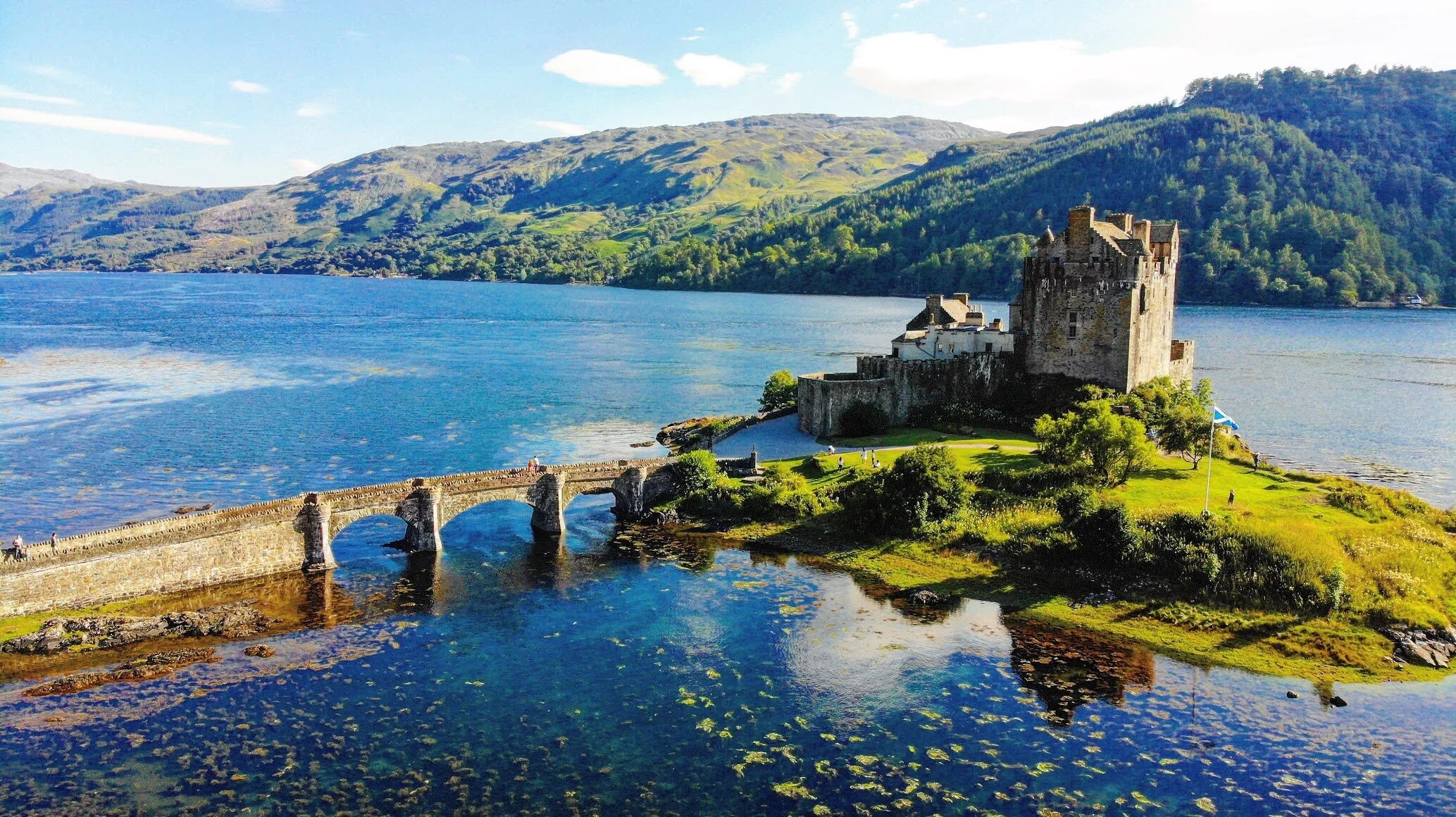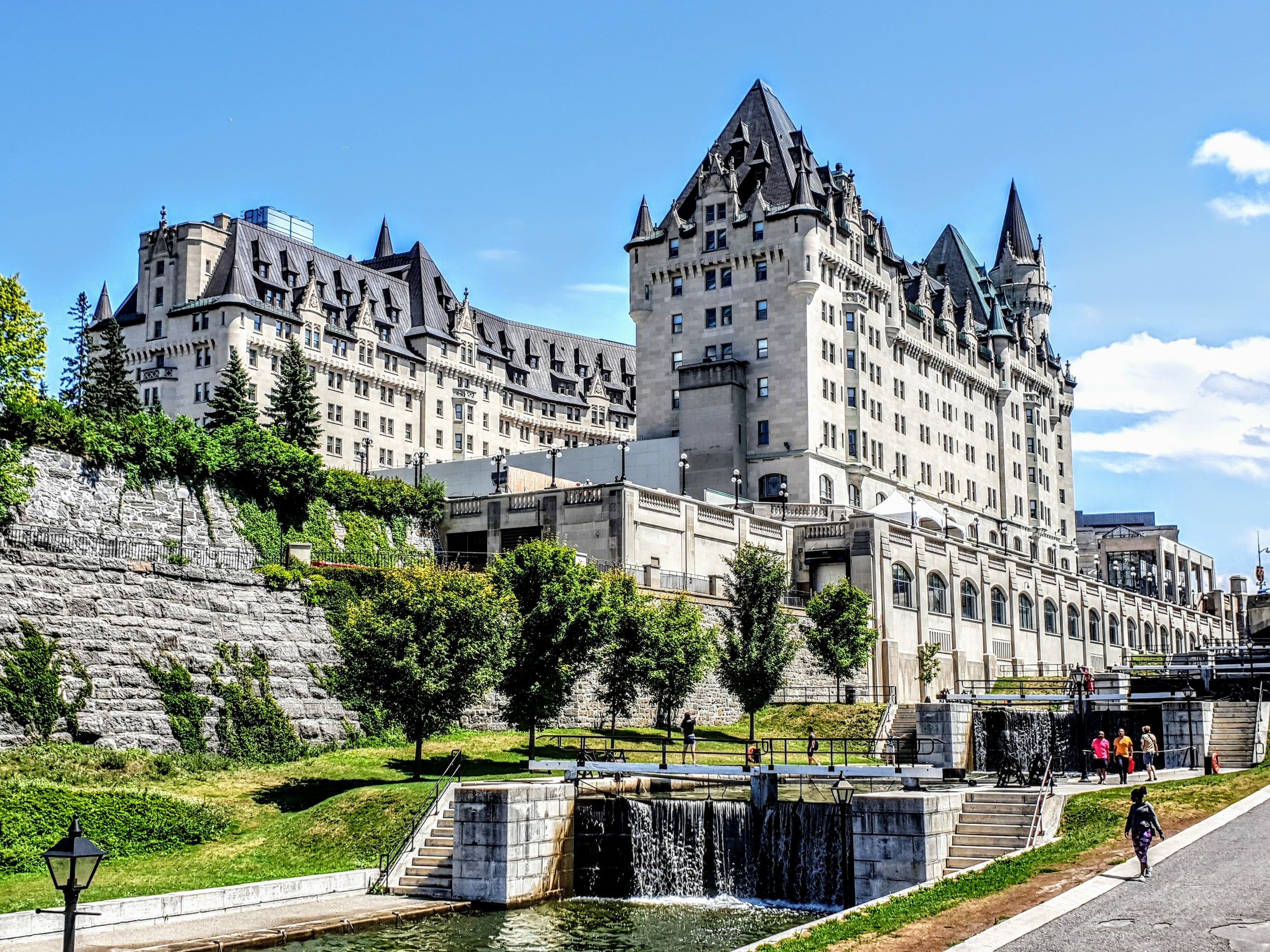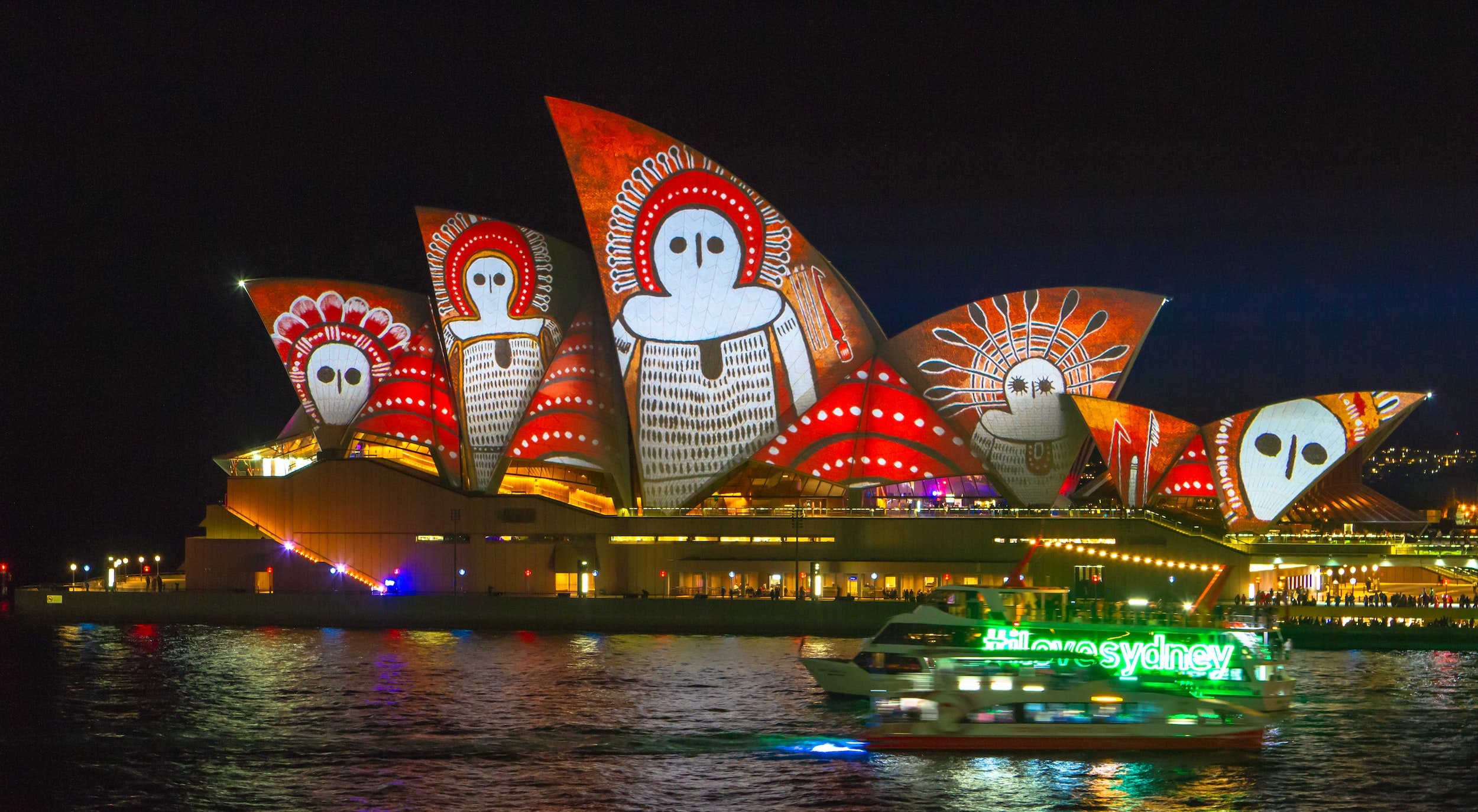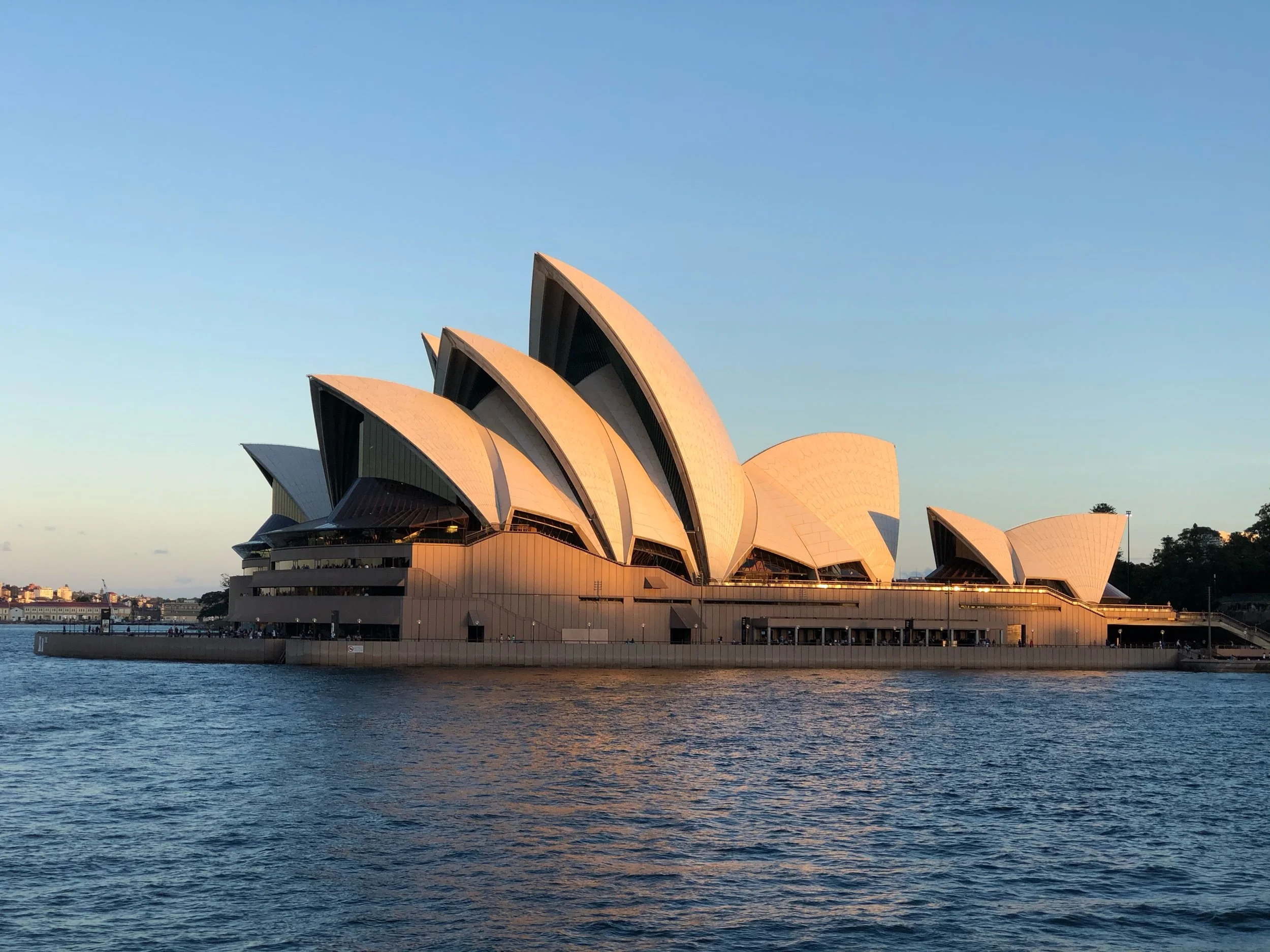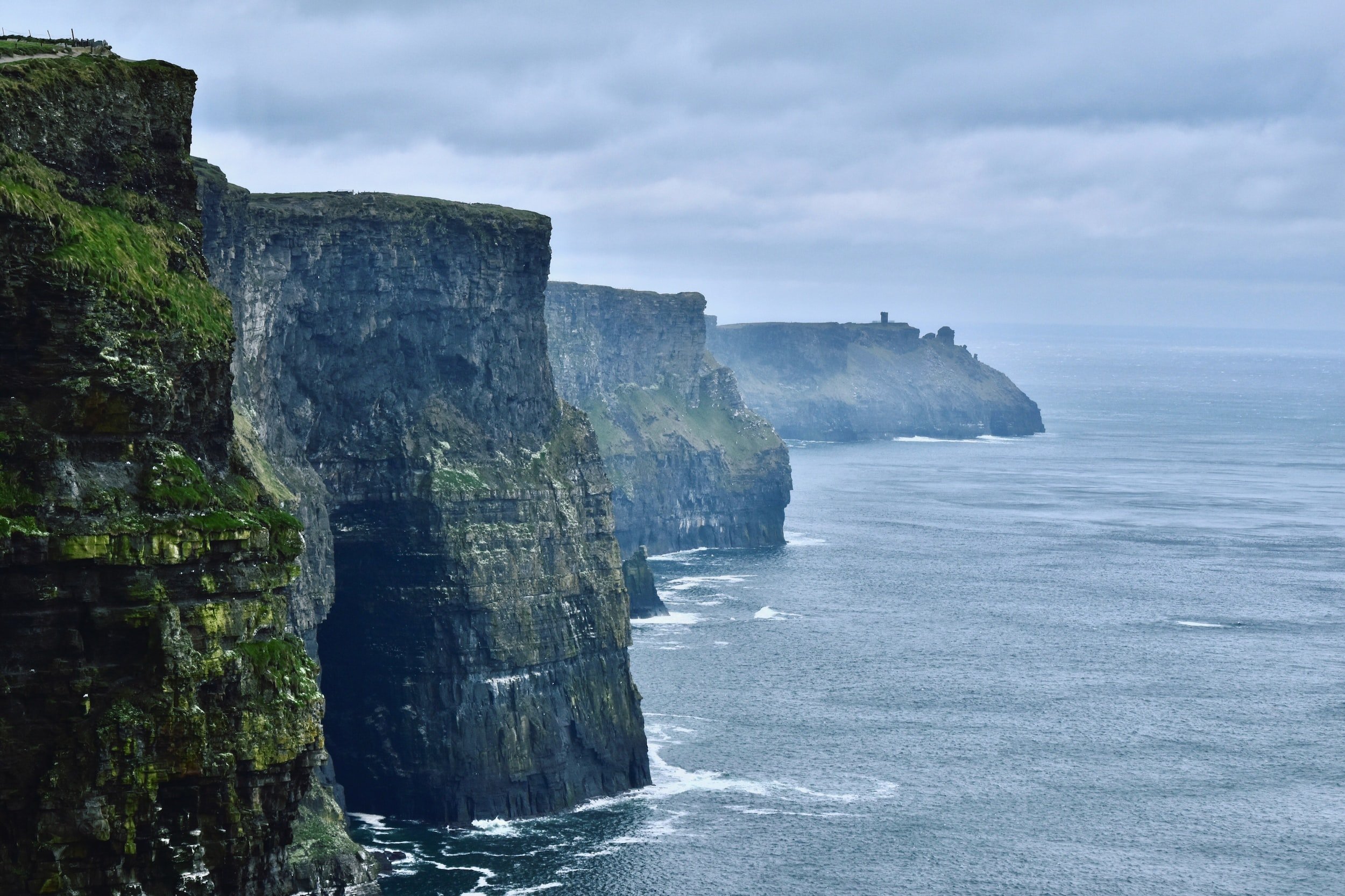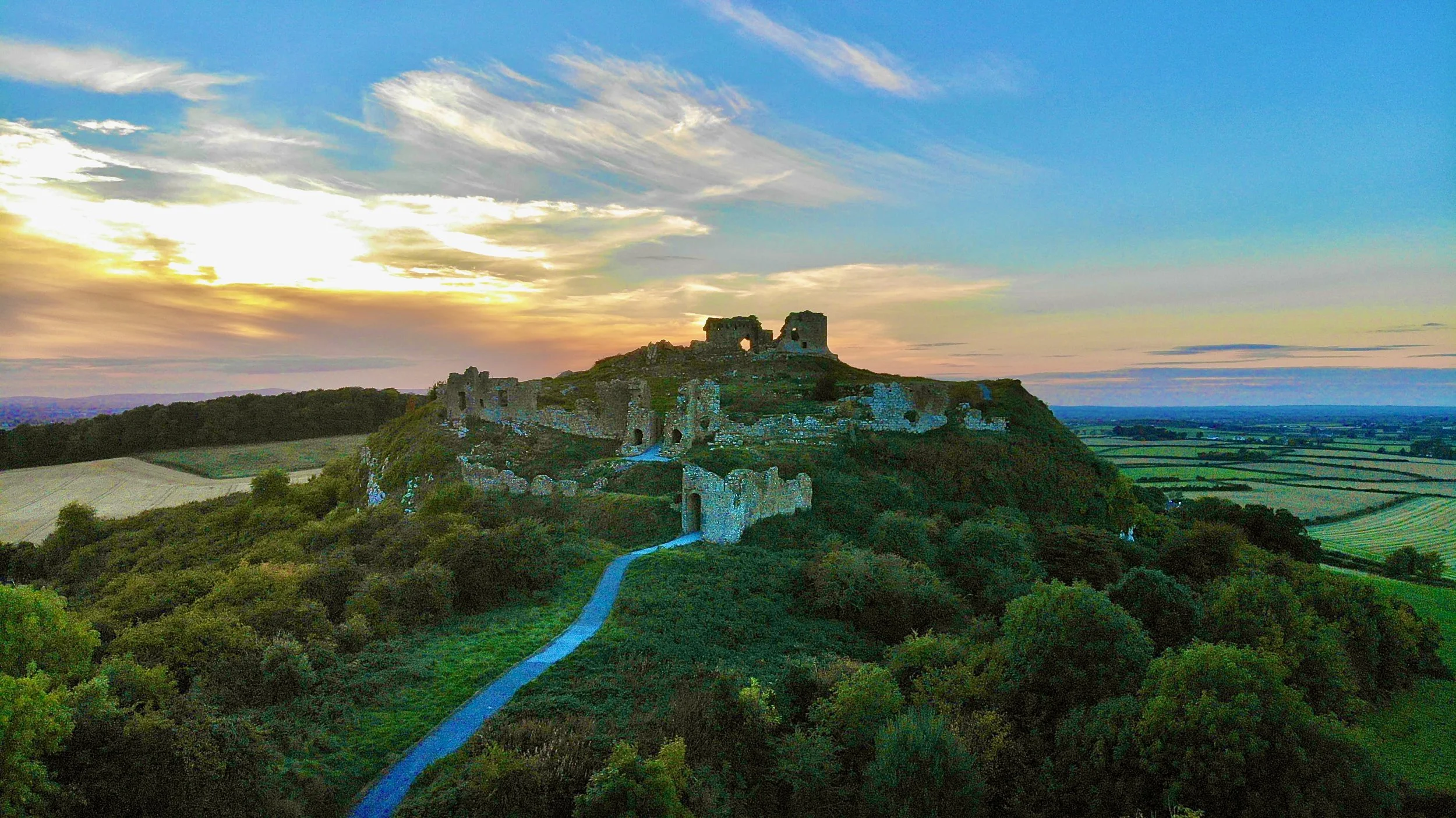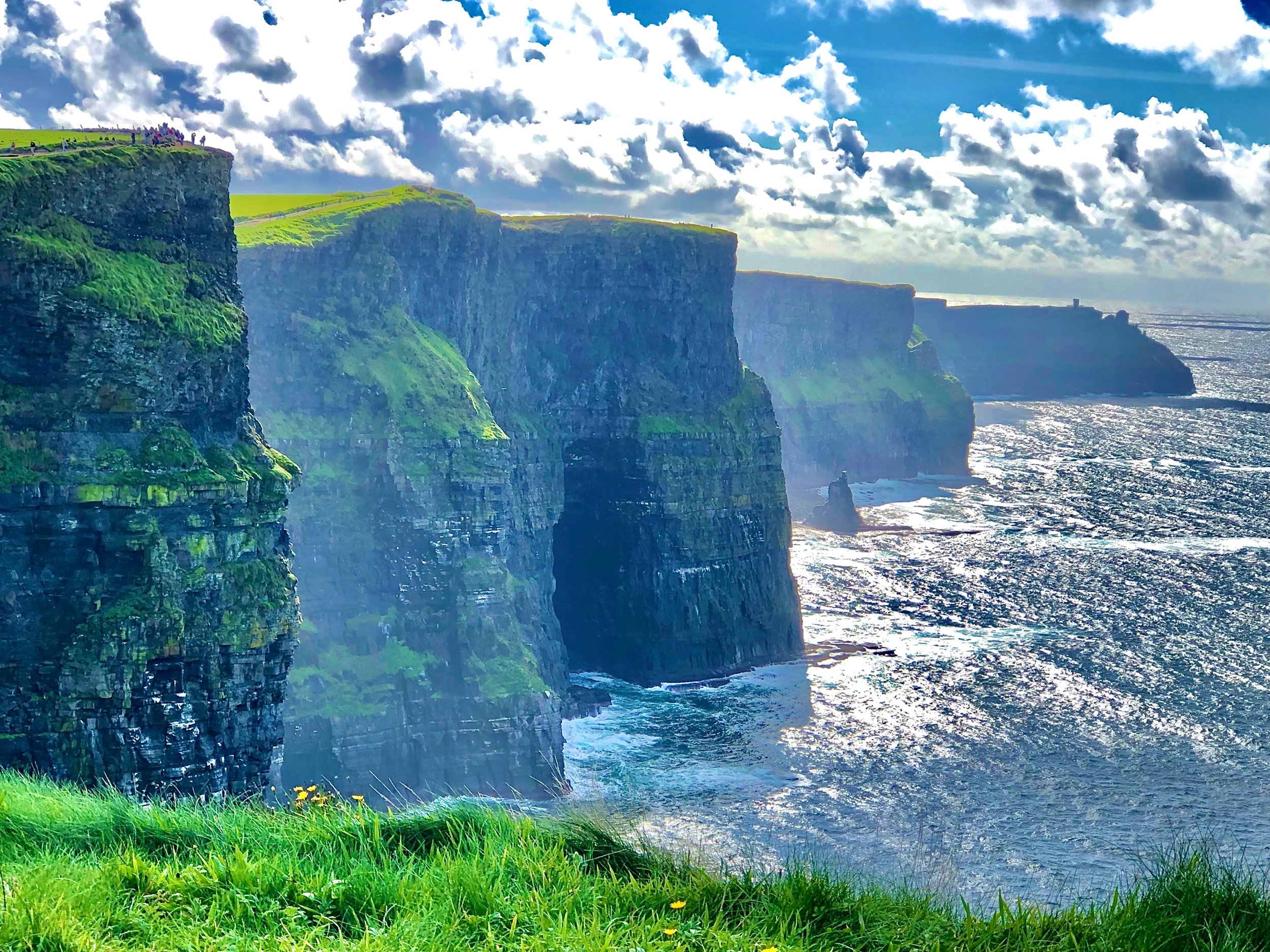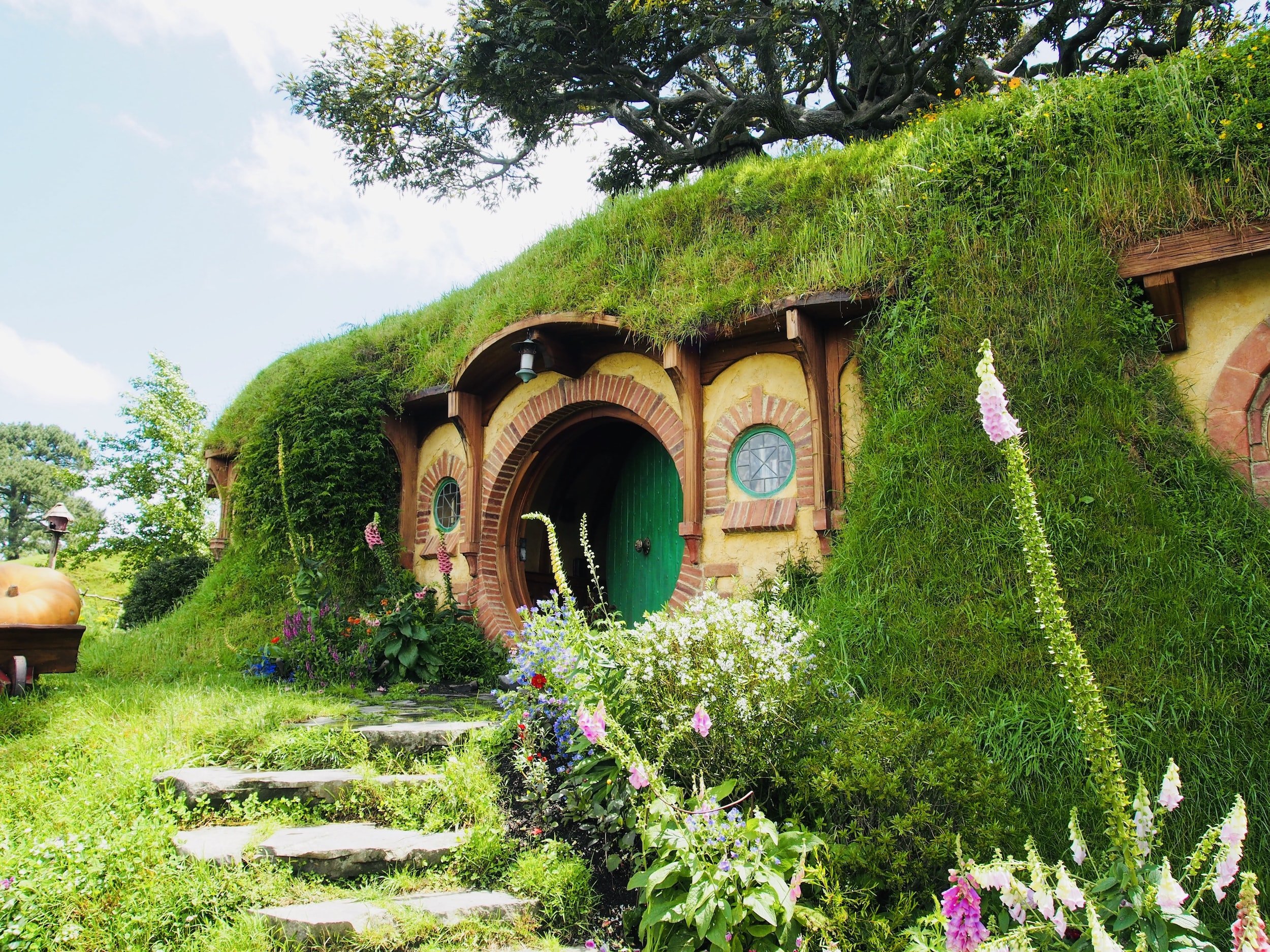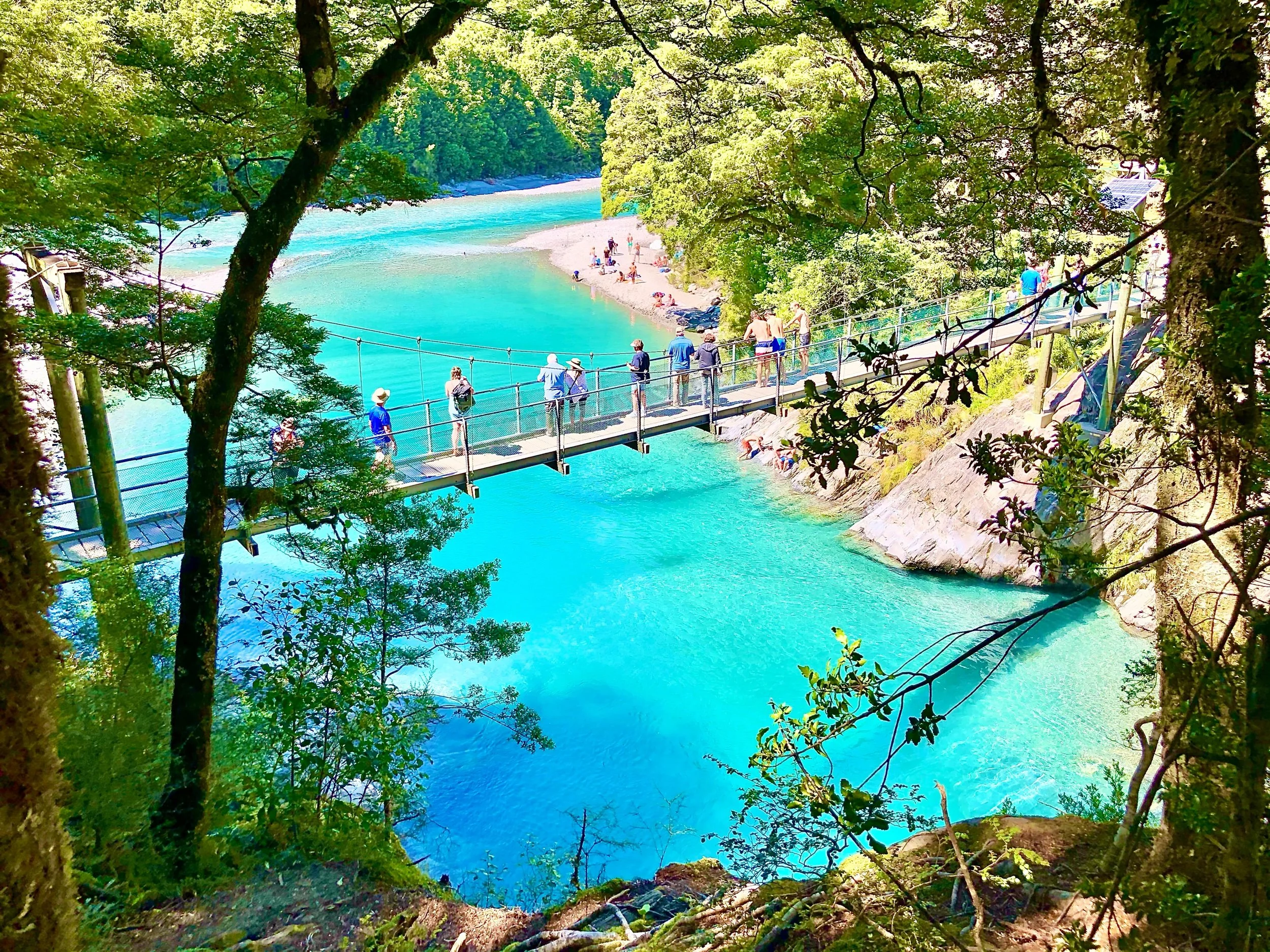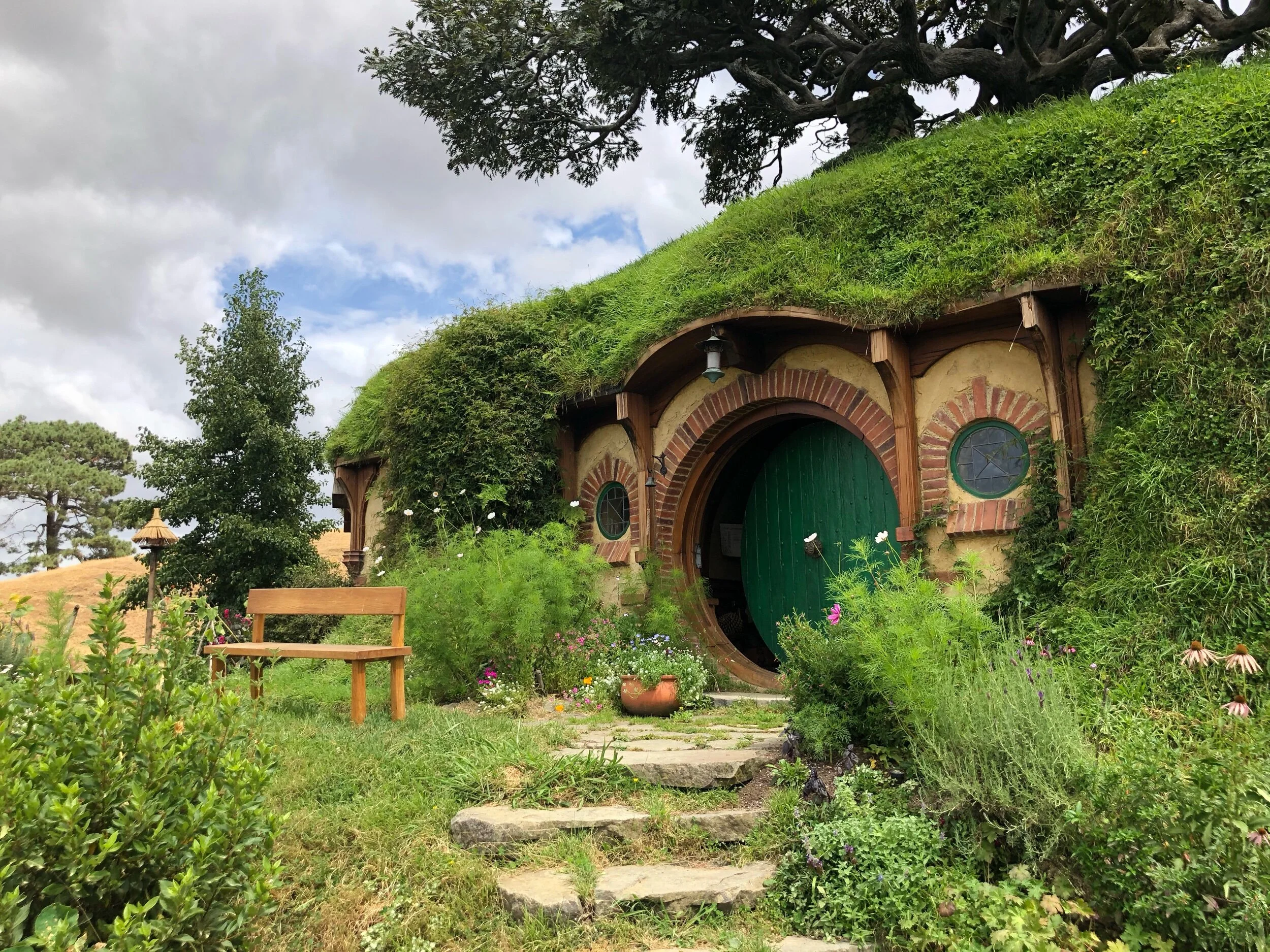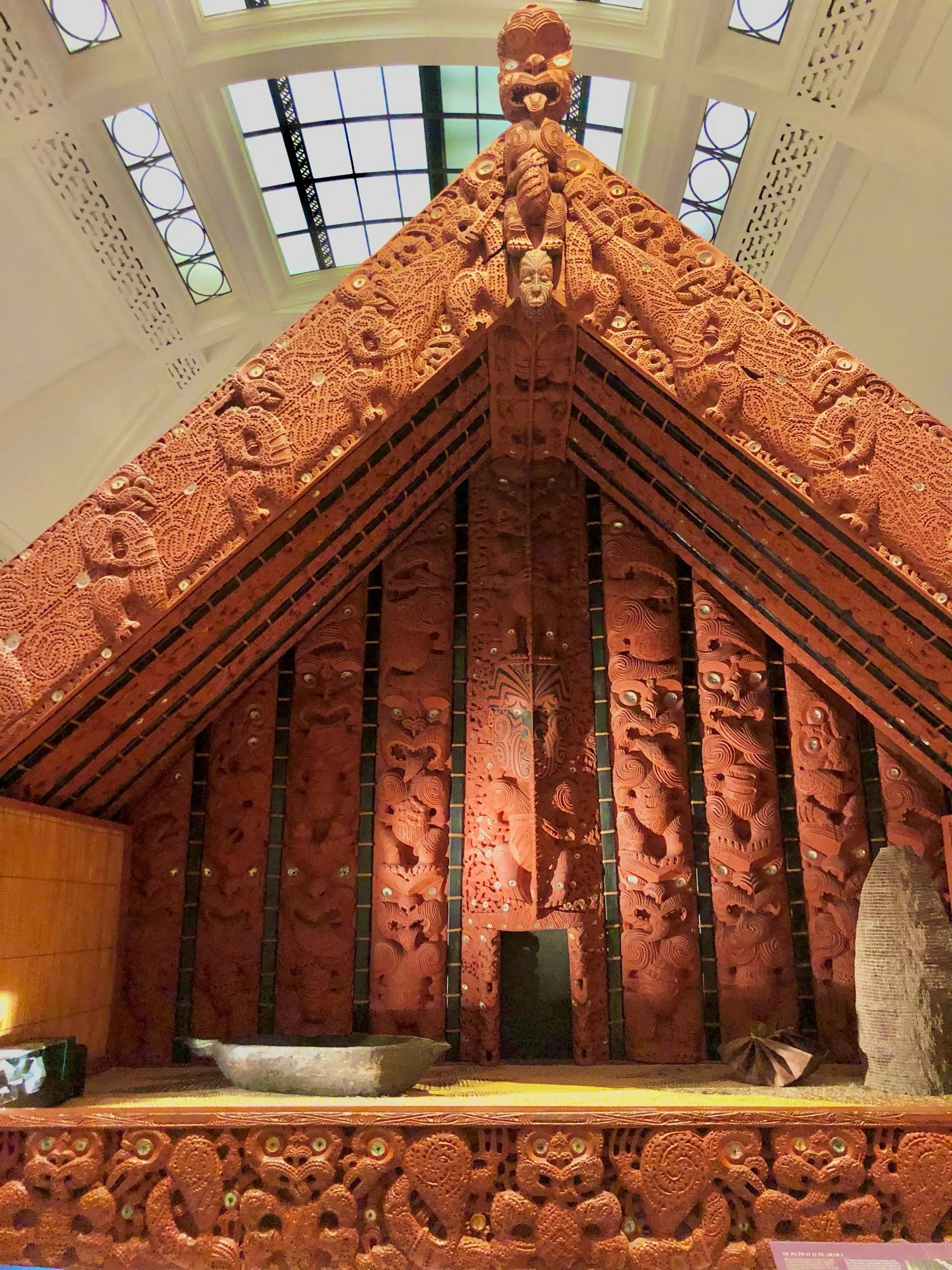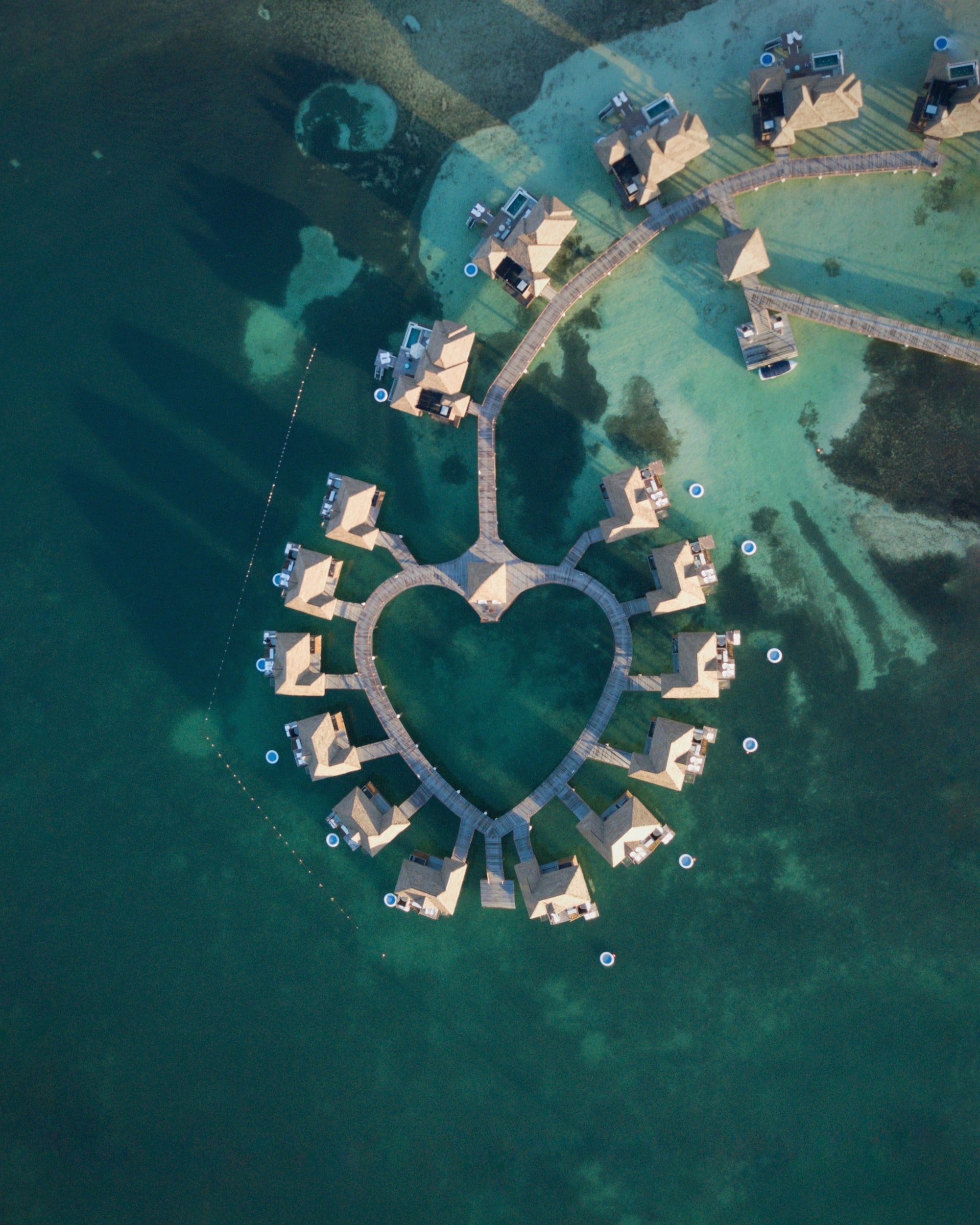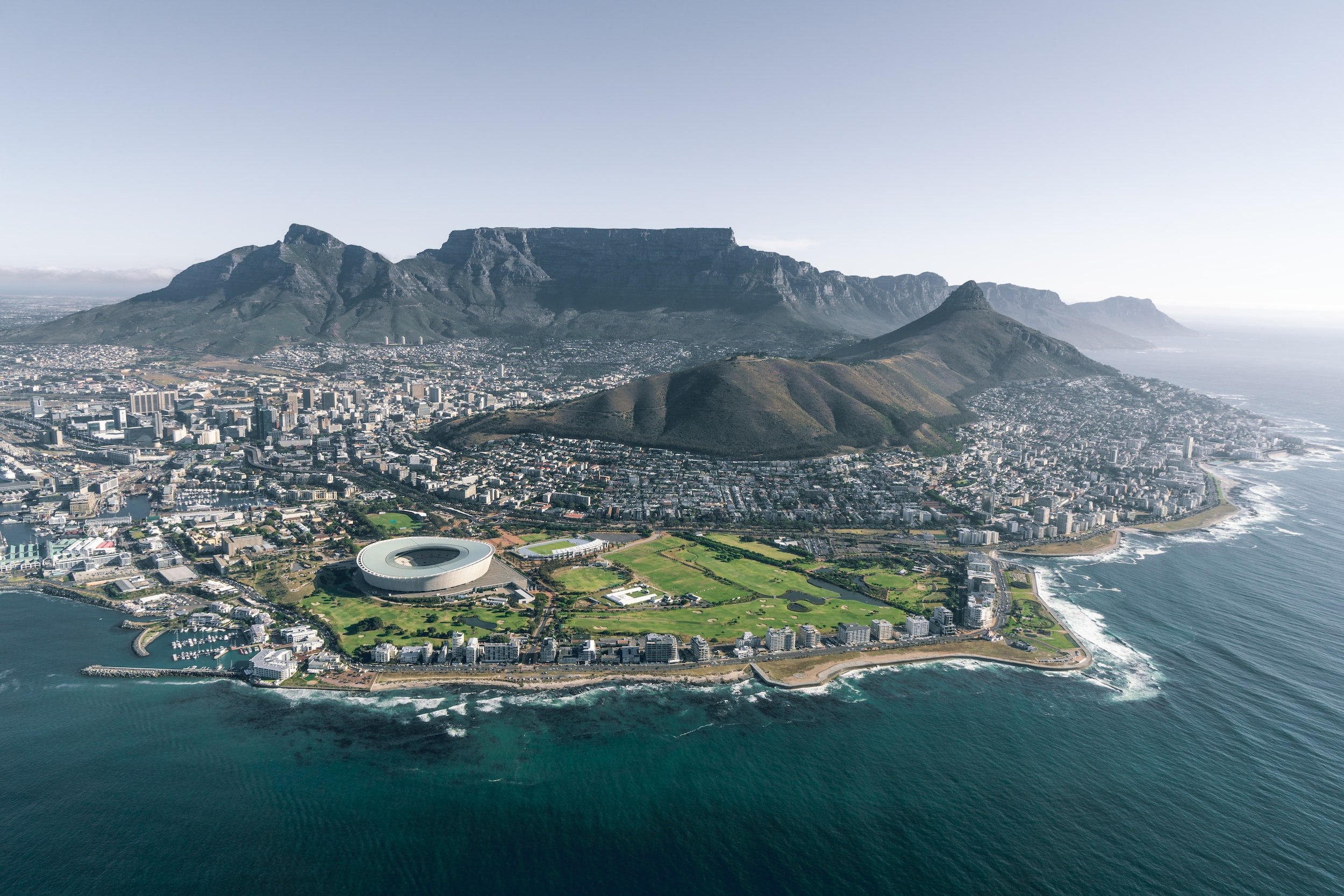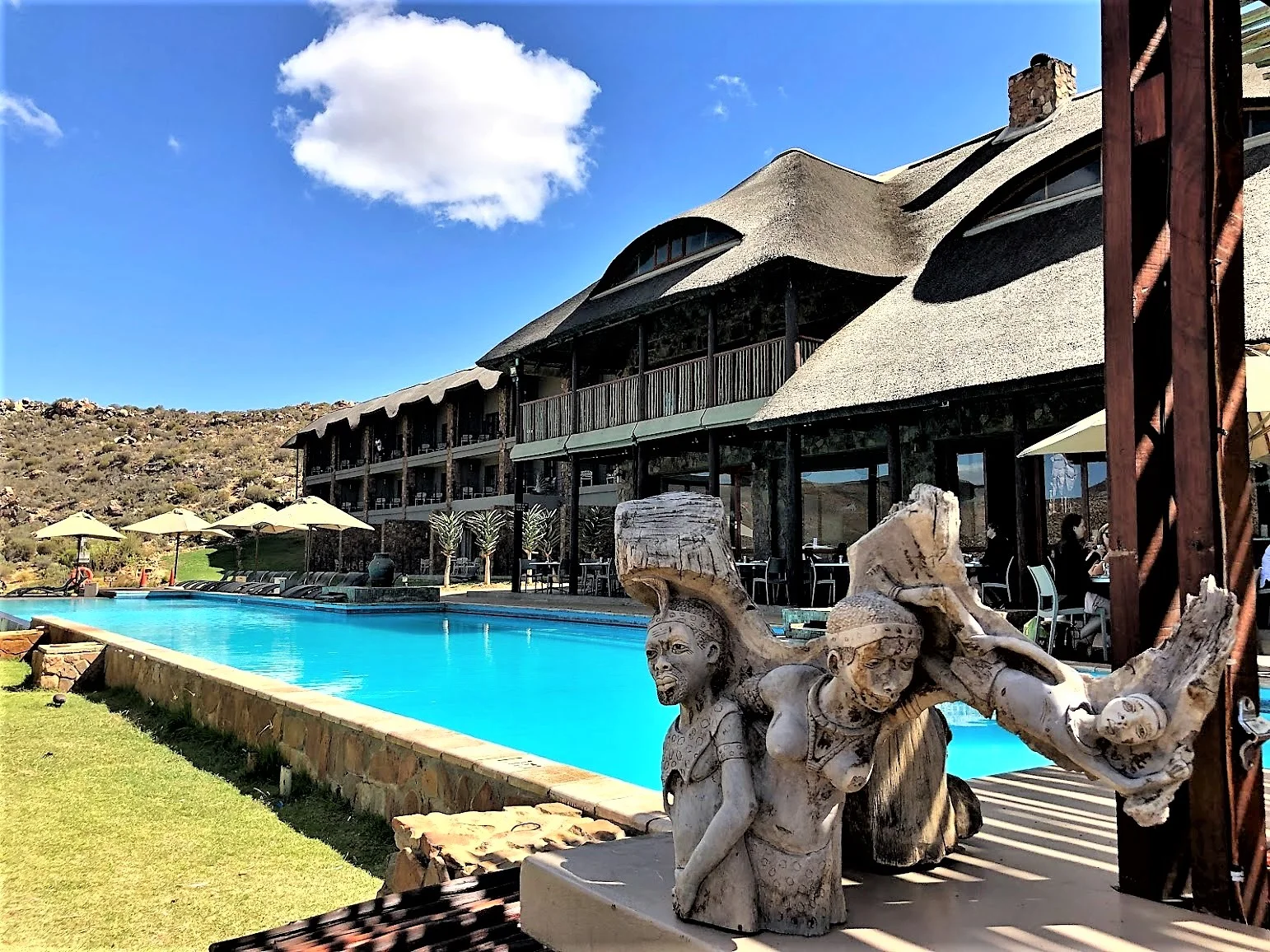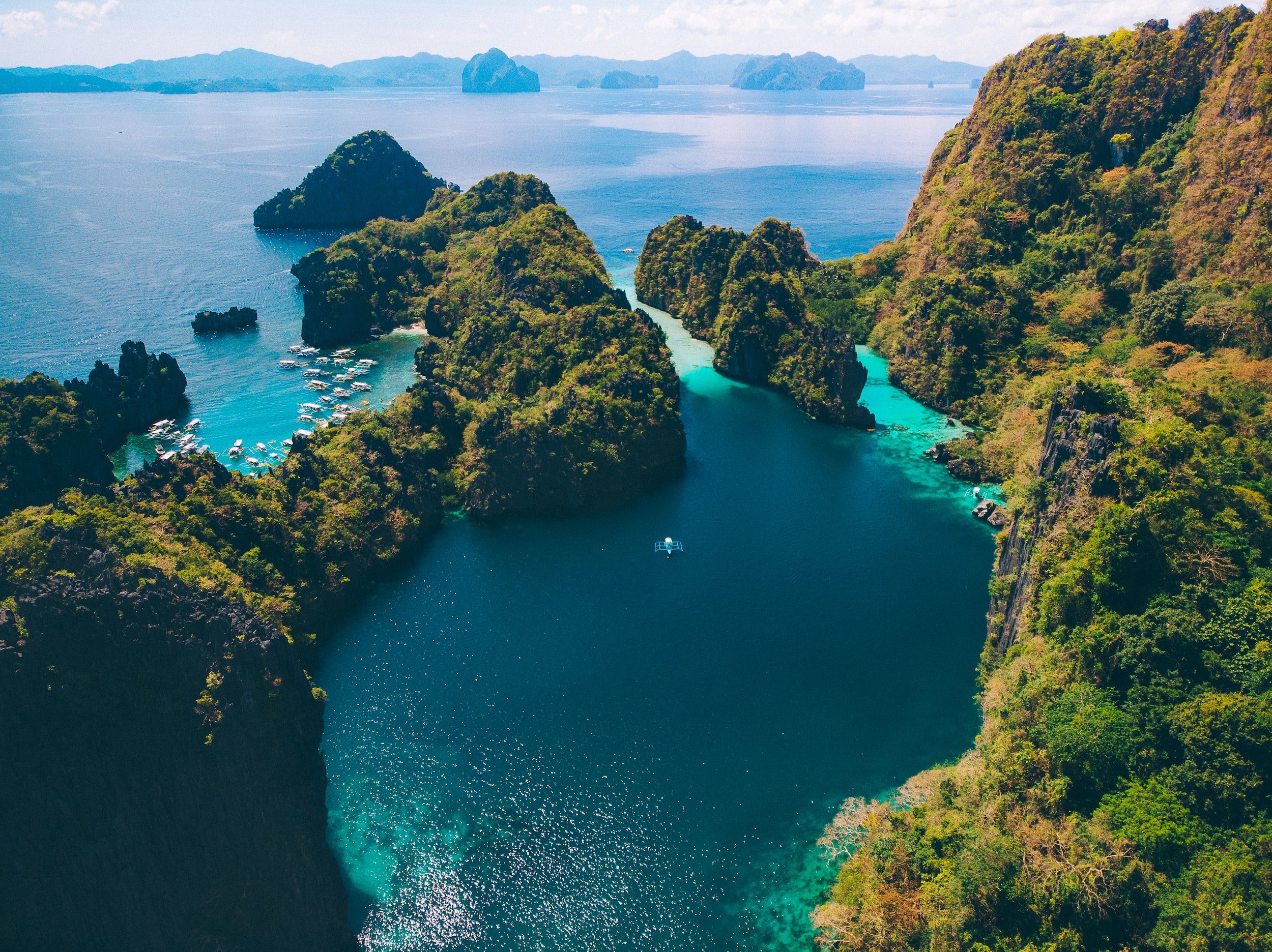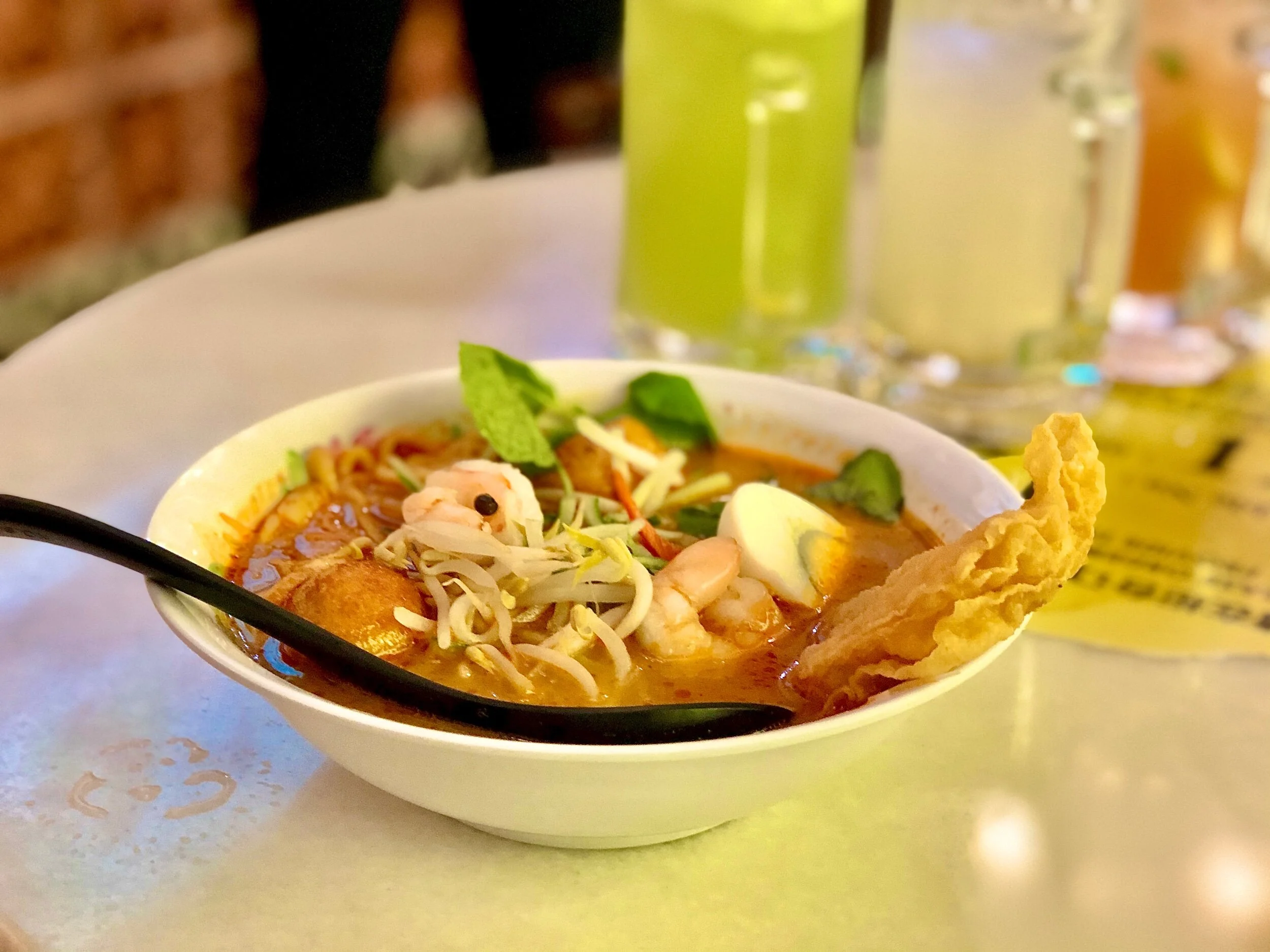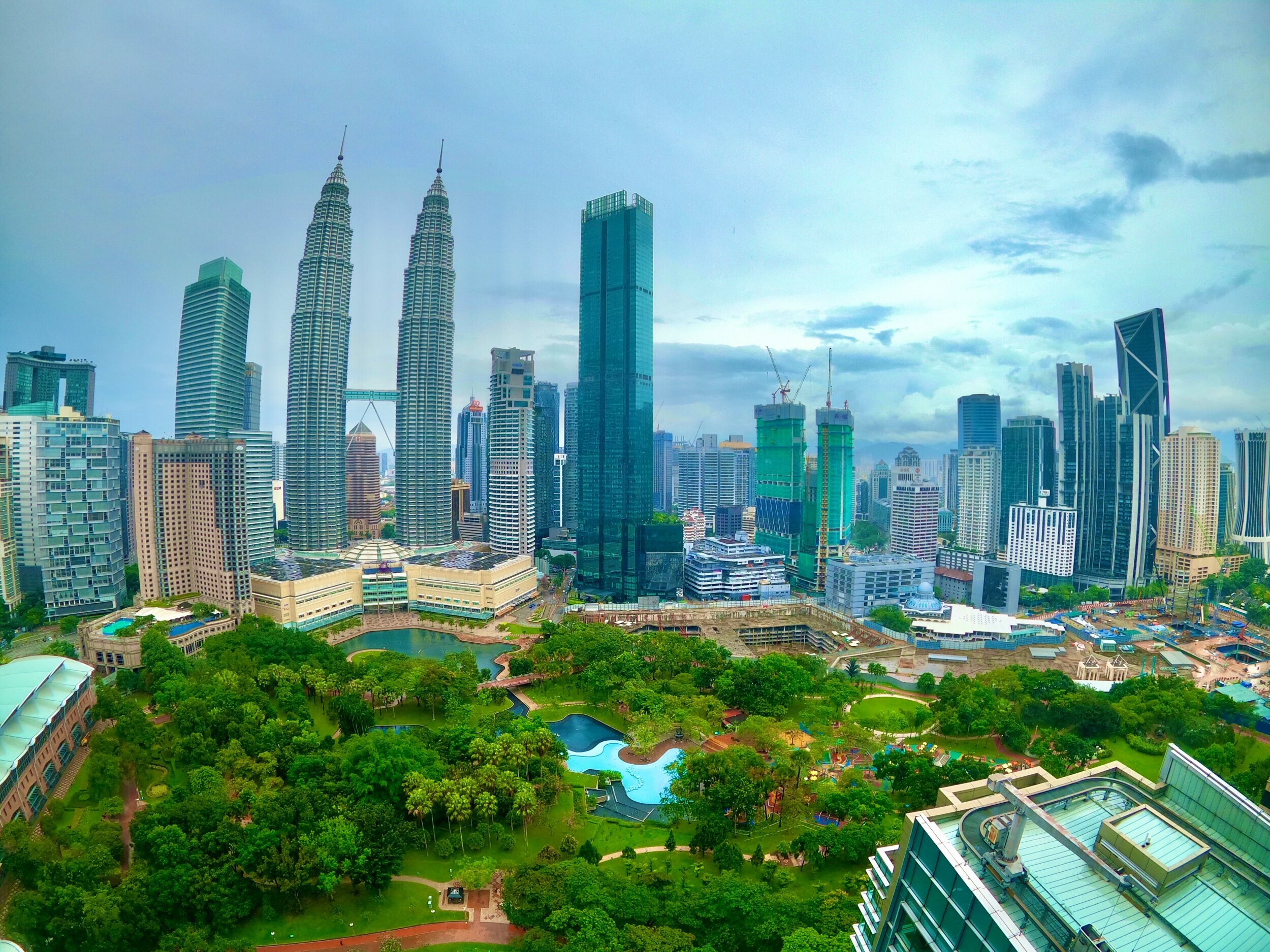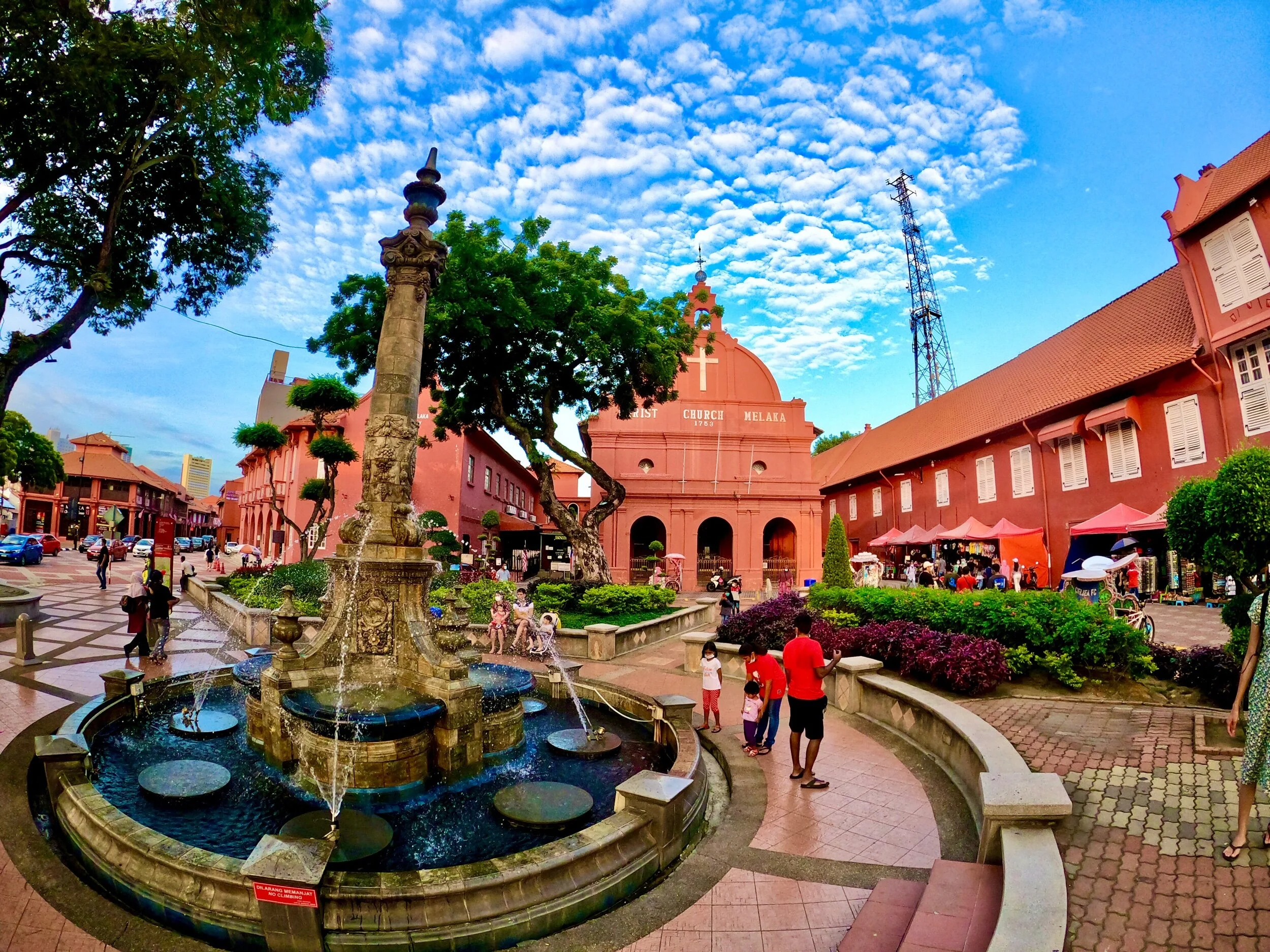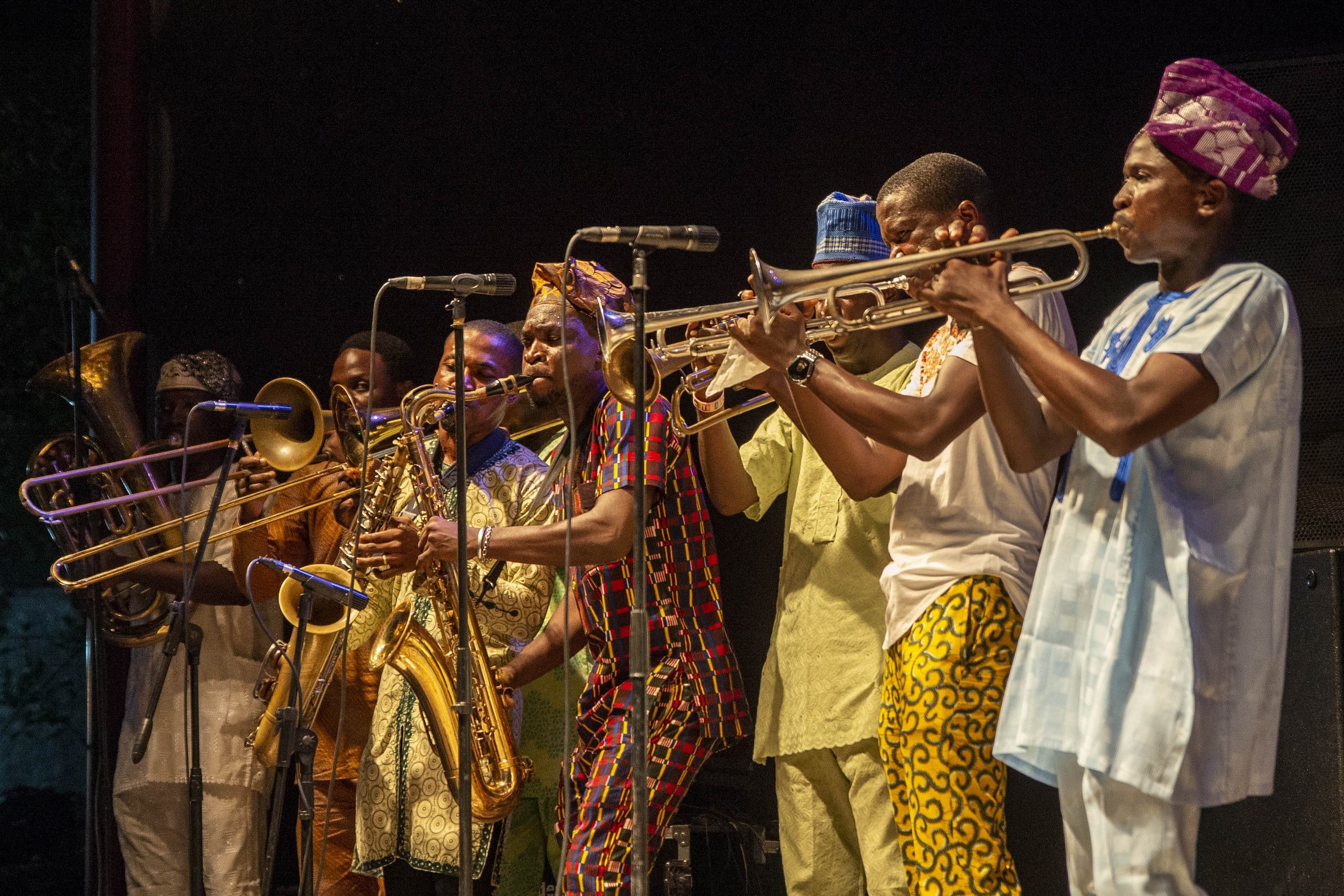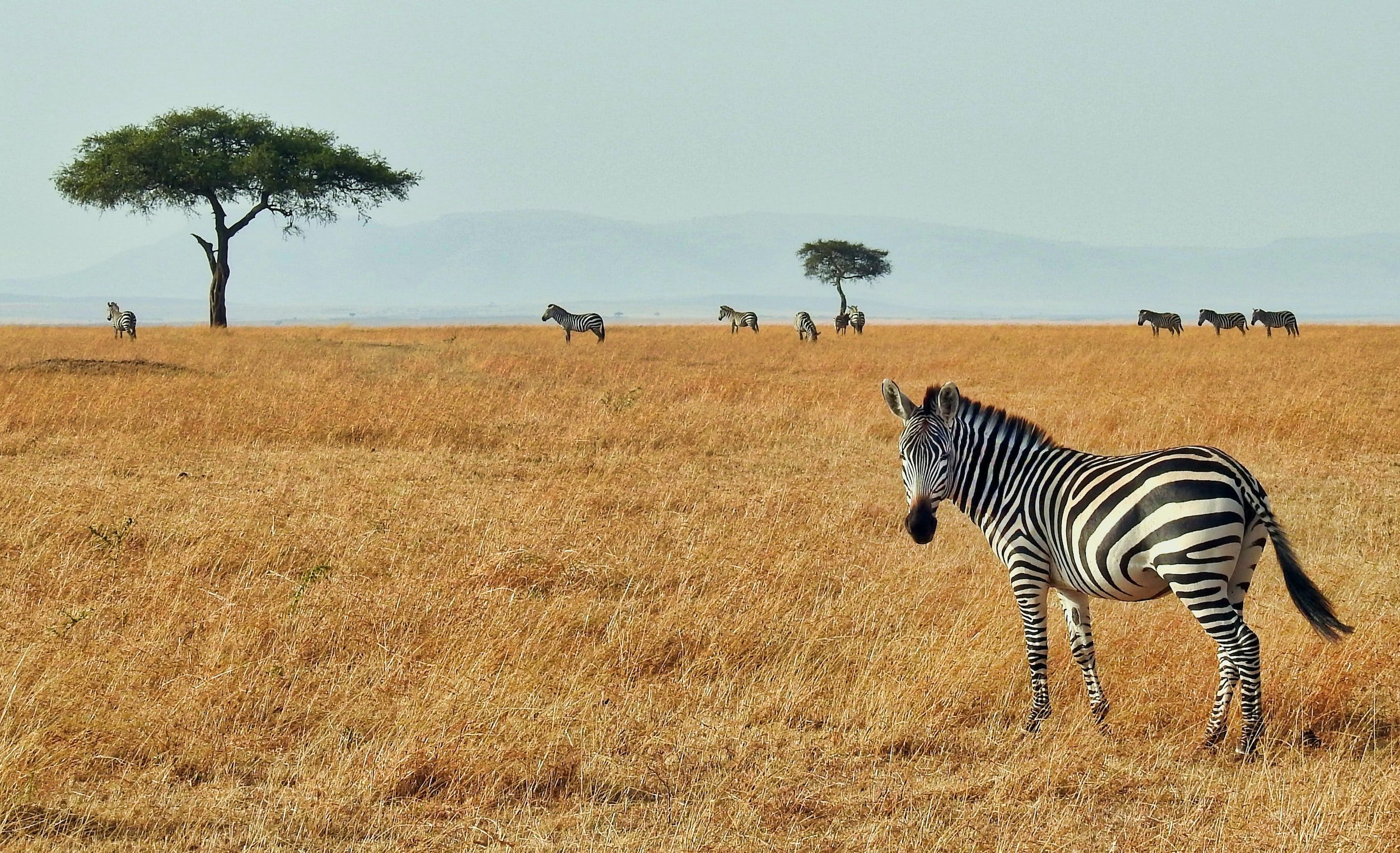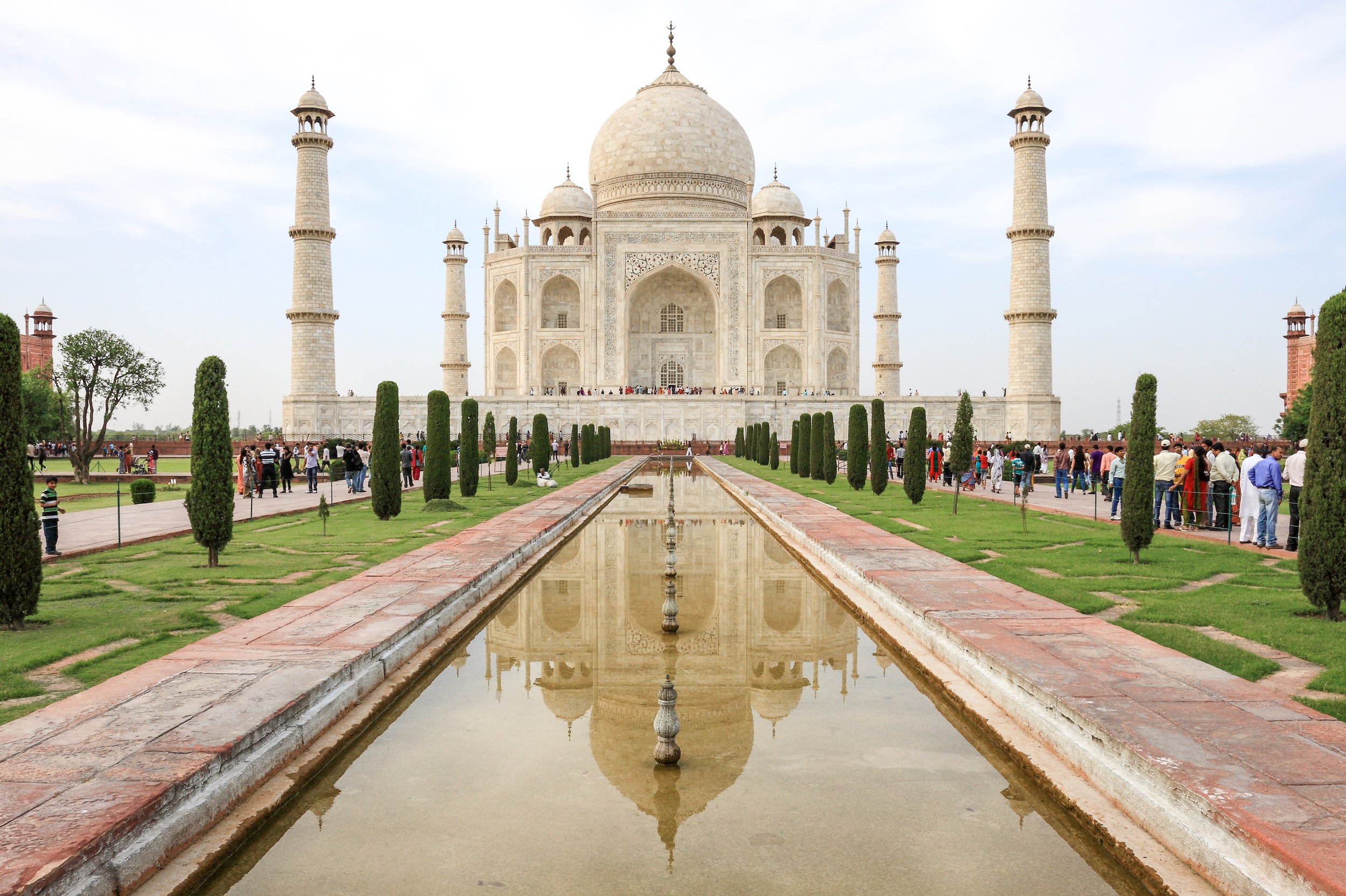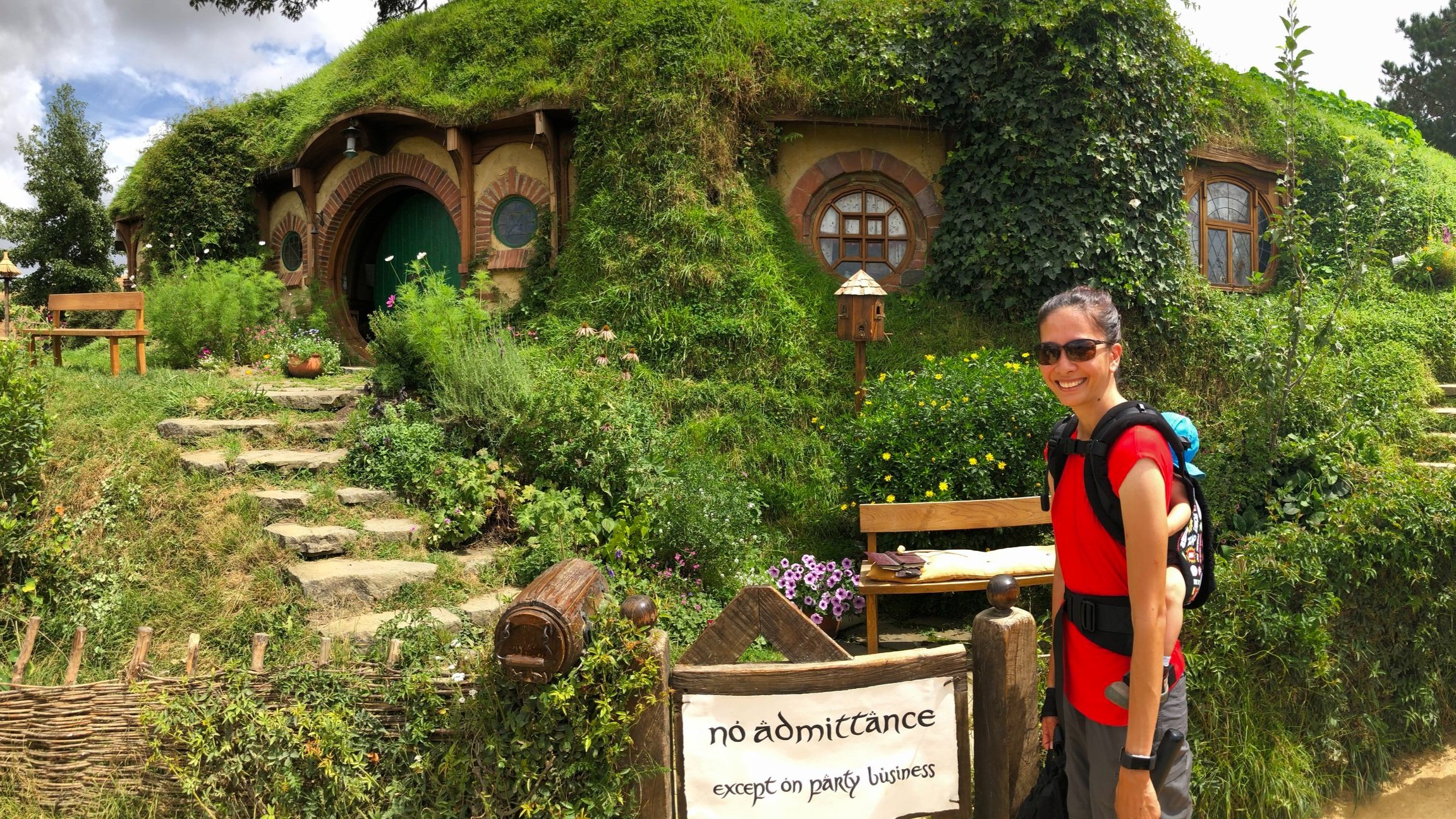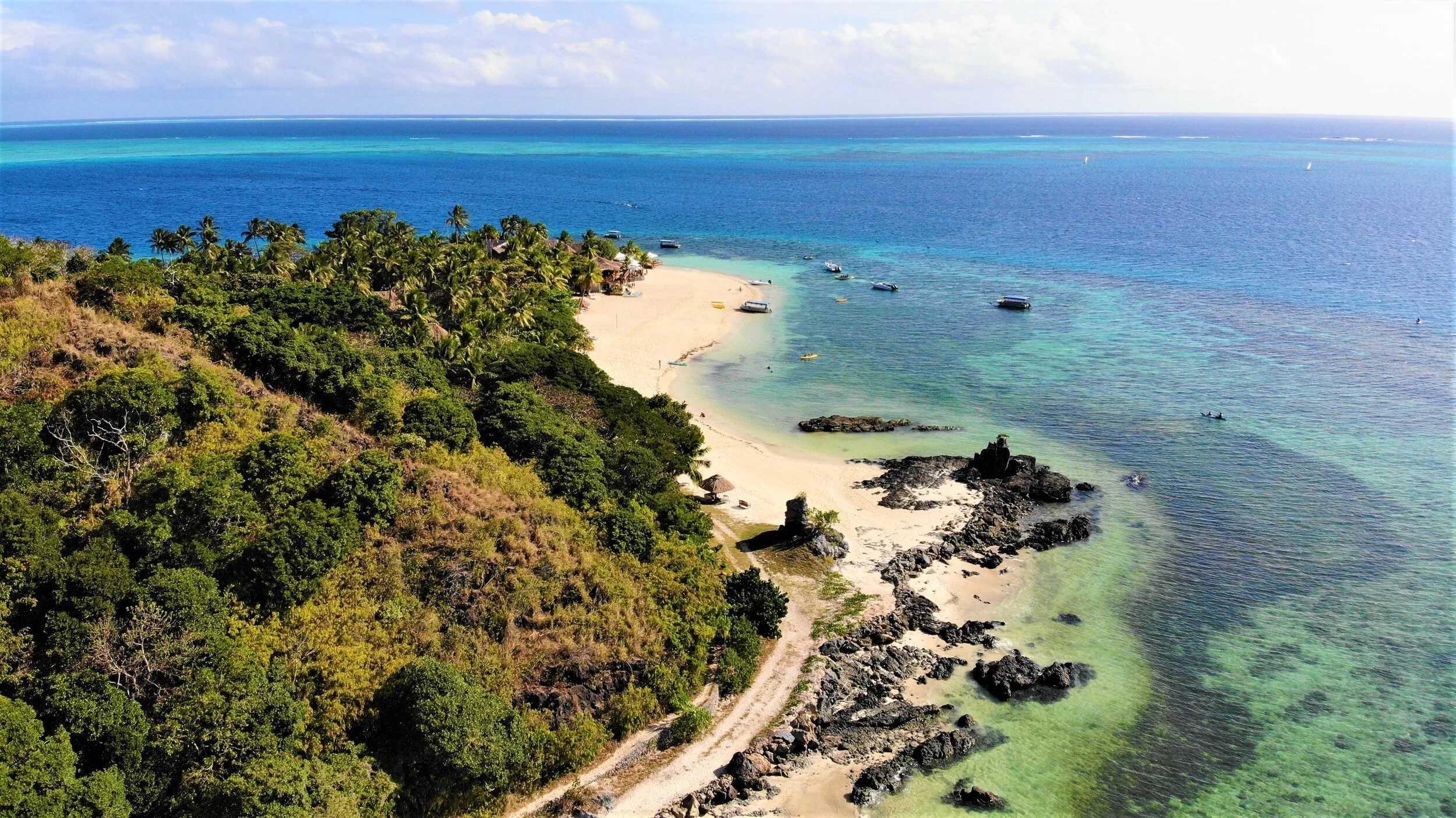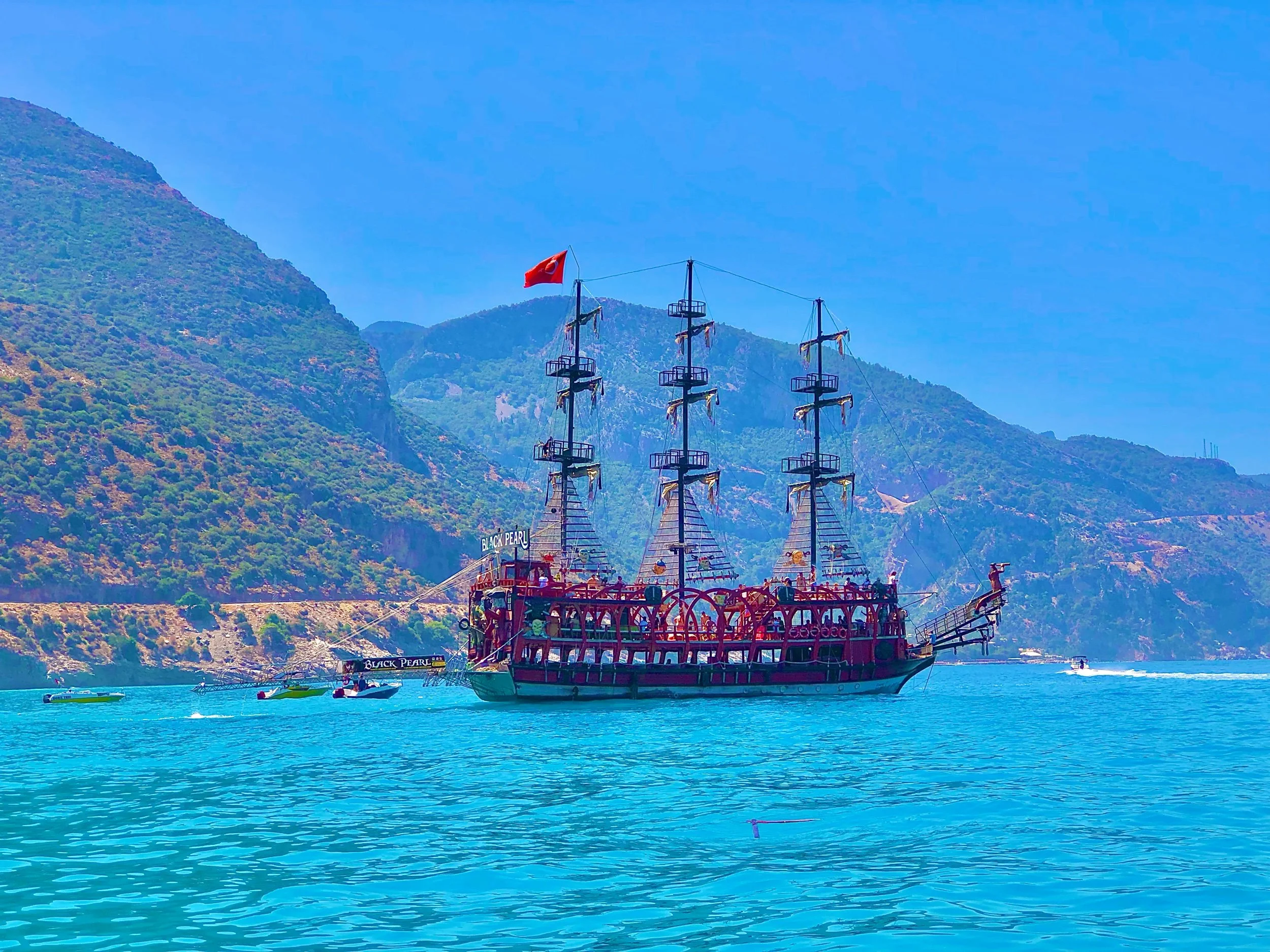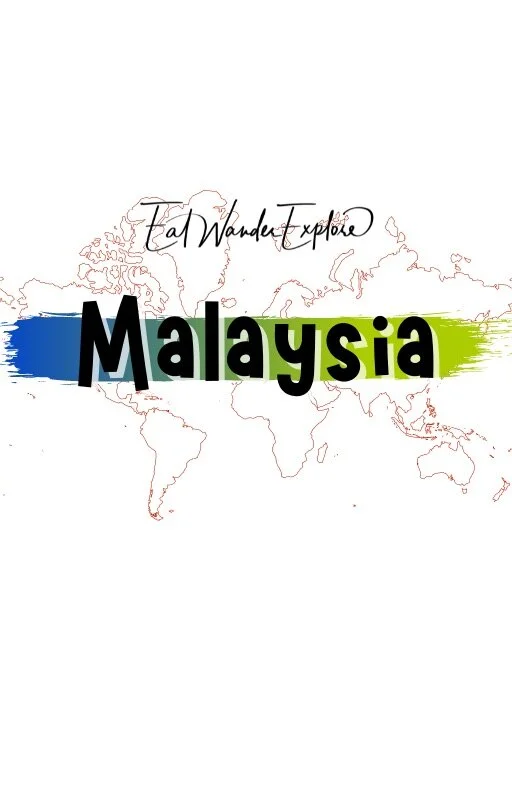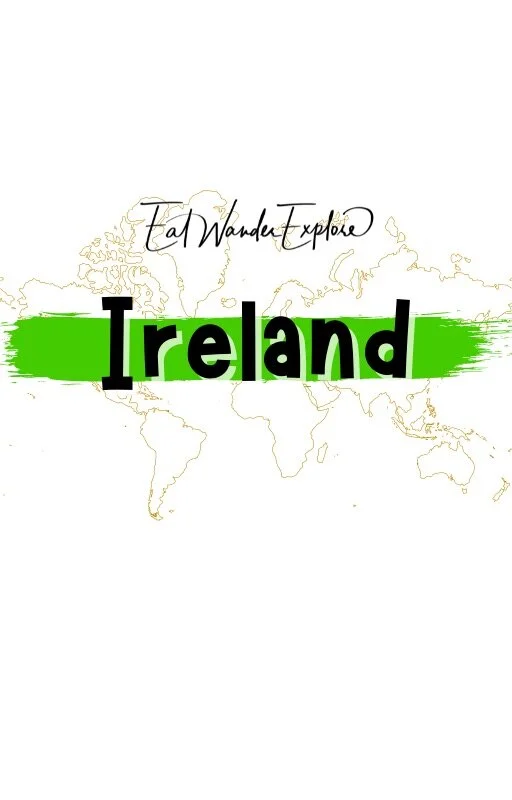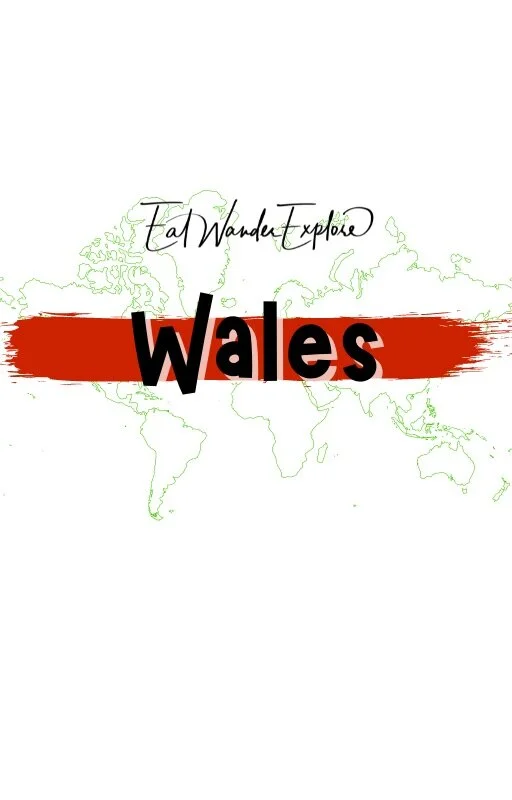English: Speaking English in the Cheapest English Speaking Countries - Travel the World
Please note: This post may contain affiliate links. See our disclosure to learn more.
Map of the World
Destinations > English: Speaking English in the Cheapest English Speaking Countries - Travel the World
In our modern and increasingly globalized world, travel is becoming easier and easier. One of the key things that makes people hesitate – completely understandably, since it’s an important factor – is the ability to communicate. It may not come as a surprise, but the top language used to communicate around the world is actually English: Speaking English is the easiest way to navigate the world.
This should not be a concern, though, since it’s completely possible to travel around the world, even if you're only looking for countries that speak English. You will probably be surprised by how prominent the English language is in the various corners of world. That language barrier is not as big as you think it is!
Check out 20 countries around the world where you can use English - Speaking English to communicate easily around the world. Even find some of the Cheapest English Speaking Countries in the world. Number 11 is one of our surprise favorites!
Learn more about countries, and their customs and culture, by reading the short Culture Smart! books today!
1. United States of America
The United States of America, often just referred to as the US, is large not just in terms of land area, but also when it comes to the diversity and various ethnicities found there. With a history that has been shaped and reshaped by immigration and migration, travel through the US offers a huge variety that reflects the multiple groups of people and landscapes that it contains. One of the unifying threads is the predominance of the English language. English: Speaking English in the US is commonplace. While there is no official language, it’s is still fair to say that the national language is English based on its widespread use.
Here’s a good book, and a few amazing articles, on the United States of America:
2. United Kingdom
English: Speaking English in England is entirely natural. England is now part of the United Kingdom, which also includes Wales, Scotland, and Northern Ireland, all countries where English is the primary language spoken, which makes sense as it’s where the language originates from. The growth and expansion of the British Empire from the 16th through the 20th centuries brought with it the spread of English throughout its colonies including the US. The relatively small island nation in the North Sea has had an enormous impact on the culture and language of many parts of the world.
Here are a couple of great books, and few amazing articles, on the United Kingdom:
Geoarbitrage FIRE Calculator
Calculate how geoarbitrage accelerates financial independence by working remotely in a lower-cost country.
Geoarbitrage Scenario
Results
Geoarbitrage Scenario:
Discretionary Income: $0 / year
Savings Rate: 0%
FIRE Number: $0
Projected Retirement Age: N/A
Work Location:
Retirement Location:
3. Canada
One of the many places we can still see this lasting effect of the British Empire is Canada. Like the US to the south, Canada covers an immense expanse of land and encompasses an incredible diversity of cultures and ecosystems.
English: Speaking English in Canada may be slightly confusing. While the country is officially multi-lingual, due to strong influences from both the French and the British during the colonial period, English is the primary language throughout most of much of Canada. Some provinces have stronger French influences, and Quebec officially has made French the primary language, but even in these areas, English is still widely spoken and understood.
Here’s a great book, and guide, on Canada to check out:
4. Australia
Australia is another country whose language and culture has been influenced by its place in the history of the British Empire. The country’s location as a continent of its own in the southern hemisphere has meant that the version of English there has developed a distinctive accent. Don’t worry though, because even if some of the local slang is confusing, the friendly locals are not hard to understand.
Here is a great book, and a few amazing articles, on Australia:
5. Ireland
Another island nation with a pleasing accent is Ireland. Located in the North Sea to the west of Great Britain, the Republic of Ireland shares an island with Northern Ireland, part of the UK. Like so many others, the country was under the rule of the British for several hundred years and so has been influenced by the culture and language. While Irish is an official language, so is English and it’s been spoken there since England invaded in the 1100s.
Here is a great book, and a few amazing articles on the Republic of Ireland and Northern Ireland:
6. New Zealand
New Zealand, located to the Southeast of Australia in the Pacific Ocean, is another Island nation that has a strong British English influence that has developed its own distinct style and accent. The British influence there was later than some of the other colonies, coming mostly only through trade from the time James Cook mapped the islands in 1769 until more active settlement in the 1840s. While the Māori language is undergoing a revitalization, with more and more people speaking it, English is still the primary language.
Here is an amazing book, and a few great articles, on New Zealand:
Geoarbitrage FIRE Calculator
Calculate how geoarbitrage accelerates financial independence by working remotely in a lower-cost country.
Geoarbitrage Scenario
Results
Geoarbitrage Scenario:
Discretionary Income: $0 / year
Savings Rate: 0%
FIRE Number: $0
Projected Retirement Age: N/A
Work Location:
Retirement Location:
7. Jamaica
The dialect of English spoken on Jamaica, the island nation located in the Caribbean south of Cuba and west of Haiti, shows a much more international blend of influences. In addition to the Tanio people who were native to the island, the Spanish, the enslaved and then free Black people, and the British have all had strong influences on the culture and also on the language there. The other official language is Jamaican Patois, which really is a combination of all these influences. The resulting English accent is lovely to listen to, and seems a perfect fit for the tropical island.
Learn about Jamaica in this book as well as a couple of our favorite places in Jamaica in this article:
8. South Africa
Another nation with multiple cultural and language influences on display is South Africa. Located at the southern end of the African continent, the nation’s tumultuous Dutch and British colonial history and wide variety of cultural influences have led to there being 11 official languages in the country, with the top ones being Zulu, Xhosa, Afrikaans, and English. The native African language of Zulu is the most common language, but English has become the common language of commerce and science, so a large number of South Africans are bi- or multi-lingual.
Here is an amazing book, and a few great articles, on South Africa:
9. Philippines
The Pacific nation of Philippines is an archipelago with over 7600 islands. Given the diversity of the many islands, it’s perhaps unsurprising that there are 182 living languages spoken in the Philippines. Today the two official languages are Tagalog, the language spoken in the region around the capital city of Manilla, and English. The country was part of the Spanish empire for over 300 years, and so many loan words have remained in use, but the prevalence of Spanish language has decreased in the 130 years since the end of their rule, and English is now the dominant mode of communication.
Learn about the Philippines with this book and article:
10. Singapore
Singapore has long been a cultural crossroads and center of trade. Located off the point of the Malay Peninsula in Southeast Asia, the city-state became a sovereign nation in 1965 and quickly developed into a world power in terms of business and industry. The island’s long trading history has often meant that there was a strong presence of the lingua franca, and in today’s global world that language is English. While the more local Malay is designated as a national language, it’s more symbolic than practical, and English is the language used in government, business, and education.
Here is an amazing book, and a few great articles, on Singapore:
11. Malaysia
Just across the Straits of Johor from Singapore, and actually linked by a bridge and causeway, Malaysia shares a great deal of history with its island neighbors, though cultural differences are what led to Singapore’s eventual split and independence. Both nations have a long history of international trade and a colonial relationship with Britain. While Malay is the active official language here, English is a strong second language and is widely used in business and tourism, and even in some official governmental situations.
Here is an amazing book, and a few great articles, on Malaysia:
12 & 13. Western Africa: Nigeria and Liberia
Many modern African nations were created out of the administration and withdrawal of colonial powers, with Britain being one of the large actors. The residual effects of this are definitely seen in many aspects of life there.
In Western Africa, Nigeria, located on the Gulf of Guinea, is an excellent example – a multinational country with over 500 distinct languages, they have chosen English as the national language to make communication between groups easier.
Liberia, on the Atlantic coast, is another example of English being chose to communicate across cultures and native languages. It was founded to give a home to Black Americans displaced after the American Civil War, blending their culture, as well as that of the Afro-Caribbean people who joined them, and the local African people. English is the national language, and though it is often blended into various creoles with the local languages, the business and government keep it official.
Learn more about travel in Nigeria and Liberia with these books and blogs:
14 & 15. Eastern Africa: Tanzania and Kenya
In Eastern Africa there are also examples of language creating bridges in understanding. For example, in Tanzania, located on the Indian Ocean south of Kenya and Lake Victoria, there are more than 100 native languages spoken, so they’ve settled on Swahili and English as a means of official communication. Generally, they use Swahili for government, and English for business, and many people are tri-lingual, speaking both Swahili and English in addition to their local native languages.
Similarly, Kenya, to the north, also has many local languages with Swahili and English as official languages, and the use of English to communicate across cultures is even stronger here.
Check out these books and blogs if you are interested in traveling to Tanzania and Kenya:
16 & 17. Western Asia: Pakistan and India
Western Asia, like southeast Asia, has been hugely important in the realm of international trade as a bridge between European and Asian economies and cultures.
India, and after its foundation in 1947, Pakistan, have a long history of cross-cultural influence with Europe, even as far back as the Greeks. British trade and then colonial rule brought English as a way to communicate across the many regional languages found throughout the subcontinent.
English and Hindi are the official languages in India, and Urdu and English are official in Pakistan. Like many of the southeast Asian and African countries, people are often multilingual, learning a local language at home and English and Hindi or Urdu in school.
Here are some great books and blogs to learn more about Pakistan and India:
18 & 19. Caribbean: Trinidad and Tobago
There’s a reason it was said that the sun never set on the British Empire. In the Caribbean & South America there are lasting effects of their influence as well.
Trinidad and Tobago, the southernmost Caribbean Island nation, is widely diverse for such a small place, with Indigenous, European, African, and Asian influences as a result of trade, as well as people being brought in to work during the various colonial eras. The official language is English, which lets people communicate across the various dialects that developed from French, Hindi, Chinese, and multiple African and local Indigenous languages.
Check out this book to learn more about travel to Trinidad and Tobago:
20. South America: Guyana
Guyana, on the Northern coast of South America between Venezuela and Suriname, has a similar legacy from its time under the influence of the British Empire, and also uses English as an official language – it’s the only country in South America with English as the official language, though many of the other countries have a good number of English speakers.
Check out this book to learn more about travel to Guyana:
Kayaking freely near some mountains
Travel the World using English
Don’t let the worry of not being understood stand in the way of some incredible travel experiences. There are English speakers all over the world, probably in some places you’ve never considered before.
Plus, if you really want to put your English language to use, there are dozens of countries around the world that are willing to hire you as an English as a Foreign Language teacher simply because you speak English natively. All it takes is a 120-hour course to get certified to do it!
Easily Get a Job Overseas and Obtain Residency and Citizenship Fast
Teaching English Overseas: What it's Like to Teach English in Foreign Countries
Wherever you travel, whether just to English speaking countries or others, we know you’ll have a wonderful experience - and an incredible story - that you’ll remember and be able to share with friends forever!
Share your thoughts and experiences in the comments section below.
FAQs
What are some of the cultural and historical attractions that English-speaking travelers can enjoy in each of the countries mentioned in the blog post?
The blog post mentions 14 English-speaking countries that are worth visiting: the USA, Canada, Australia, Trinidad and Tobago, New Zealand, Barbados, Ireland, Switzerland, the Philippines, Palau, Belize, Malta, the Bahamas, and Jamaica. Each of these countries has its own unique cultural and historical attractions that English-speaking travelers can enjoy. Some examples are:
- The USA: The Statue of Liberty, the White House, the Grand Canyon, Mount Rushmore, and the Hollywood Walk of Fame.
- Canada: Niagara Falls, the CN Tower, the Parliament Hill, the Banff National Park, and the Quebec City.
- Australia: The Sydney Opera House, the Great Barrier Reef, the Uluru, the Melbourne Cricket Ground, and the Australian War Memorial.
- Trinidad and Tobago: The Carnival, the Pitch Lake, the Caroni Bird Sanctuary, the Temple in the Sea, and the Fort George.
- New Zealand: The Hobbiton Movie Set, the Milford Sound, the Waitomo Glowworm Caves, the Te Papa Museum, and the Sky Tower.
- Barbados: The Harrison's Cave, the Mount Gay Rum Distillery, the Animal Flower Cave, the St. Nicholas Abbey, and the Bridgetown.
- Ireland: The Cliffs of Moher, the Blarney Castle, the Guinness Storehouse, the Giant's Causeway, and the Trinity College.
- Switzerland: The Matterhorn, the Lake Geneva, the Chillon Castle, the Jungfraujoch, and the Chapel Bridge.
- The Philippines: The Banaue Rice Terraces, the Chocolate Hills, the Boracay Island, the San Agustin Church, and the Rizal Park.
- Palau: The Rock Islands, the Jellyfish Lake, the Ngardmau Waterfall, the Belau National Museum, and the Palau Aquarium.
- Belize: The Great Blue Hole, the Xunantunich, the Belize Barrier Reef, the Caracol, and the Cockscomb Basin Wildlife Sanctuary.
- Malta: The Valletta, the Mdina, the Blue Lagoon, the Hal Saflieni Hypogeum, and the St. John's Co-Cathedral.
- The Bahamas: The Atlantis Resort, the Pink Sands Beach, the Exuma Cays Land and Sea Park, the Fort Fincastle, and the Pirates of Nassau Museum.
- Jamaica: The Dunn's River Falls, the Bob Marley Museum, the Blue Mountains, the Rose Hall, and the Port Royal.
How easy or difficult is it to travel within and between the English-speaking countries, and what are the best modes of transportation, visa requirements, and safety tips?
The ease or difficulty of traveling within and between the English-speaking countries depends on various factors, such as the distance, the cost, the availability, and the regulations of the transportation options. Generally, the best modes of transportation are by air, by rail, by road, or by sea, depending on the destination and the preference of the traveler. Some of the most popular and reliable transportation providers are:
- By air: American Airlines, Air Canada, Qantas, Caribbean Airlines, Air New Zealand, British Airways, Swiss International Air Lines, Philippine Airlines, United Airlines, and JetBlue.
- By rail: Amtrak, VIA Rail, Australian Railways, Trinidad and Tobago Railway, KiwiRail, Irish Rail, Swiss Federal Railways, Philippine National Railways, Belize Railways, and Jamaica Railway Corporation.
- By road: Greyhound, Megabus, Busabout, Carib Tours, InterCity, Bus Éireann, FlixBus, Victory Liner, James Bus Line, and Knutsford Express.
- By sea: Royal Caribbean, Carnival Cruise Line, P&O Cruises, Star Cruises, Bluebridge, Irish Ferries, MSC Cruises, 2GO Travel, Ocean Ferry, and Island Routes.
- The visa requirements for traveling to the English-speaking countries vary depending on the nationality, the purpose, and the duration of the visit. Generally, travelers need to have a valid passport and a visa or an electronic travel authorization to enter the country. Some of the countries that offer visa-free or visa-on-arrival access to certain nationalities are:
- The USA: The Visa Waiver Program allows citizens of 39 countries to travel to the USA for tourism or business for up to 90 days without a visa. They need to have an Electronic System for Travel Authorization (ESTA) before departure.
- Canada: The Electronic Travel Authorization (eTA) allows citizens of 60 countries to travel to Canada for tourism or business for up to six months without a visa. They need to have an eTA before departure.
- Australia: The Electronic Travel Authority (ETA) allows citizens of 36 countries to travel to Australia for tourism or business for up to three months without a visa. They need to have an ETA before departure.
- Trinidad and Tobago: Citizens of 100 countries can travel to Trinidad and Tobago for tourism or business for up to 90 days without a visa.
- New Zealand: The New Zealand Electronic Travel Authority (NZeTA) allows citizens of 60 countries to travel to New Zealand for tourism or business for up to three months without a visa. They need to have an NZeTA before departure.
- Barbados: Citizens of 116 countries can travel to Barbados for tourism or business for up to six months without a visa.
- Ireland: Citizens of 92 countries can travel to Ireland for tourism or business for up to three months without a visa.
- Switzerland: Citizens of 62 countries can travel to Switzerland for tourism or business for up to 90 days without a visa.
- The Philippines: Citizens of 157 countries can travel to the Philippines for tourism or business for up to 30 days without a visa.
- Palau: Citizens of 151 countries can travel to Palau for tourism or business for up to 30 days without a visa.
- Belize: Citizens of 101 countries can travel to Belize for tourism or business for up to 30 days without a visa.
- Malta: Citizens of 62 countries can travel to Malta for tourism or business for up to 90 days without a visa.
- The Bahamas: Citizens of 121 countries can travel to the Bahamas for tourism or business for up to three months without a visa.
- Jamaica: Citizens of 116 countries can travel to Jamaica for tourism or business for up to 90 days without a visa.
- The safety tips for traveling to the English-speaking countries are similar to those for traveling to any other country. Some of the general tips are:
- Research the destination before departure and check the travel advisories and alerts issued by the government or the embassy.
- Register with the embassy or the consulate of the home country and keep their contact information handy.
- Buy a comprehensive travel insurance that covers medical expenses, emergency evacuation, theft, loss, and cancellation.
- Keep the passport, visa, money, and valuables in a safe place and make copies of the important documents.
- Be aware of the local laws, customs, and culture and respect them.
- Avoid walking alone at night, taking illegal drugs, or getting involved in scams or conflicts.
- Use common sense and trust your instincts.
How can English-speaking travelers learn more about the local languages and dialects of the countries they visit, and what are some common phrases or words that they should know?
English-speaking travelers can learn more about the local languages and dialects of the countries they visit by using various resources and methods, such as:
- Reading books, articles, blogs, or guides about the language and the culture of the country.
- Watching movies, shows, podcasts, or videos that feature the language and the accent of the country.
- Listening to music, radio, or audiobooks that use the language and the slang of the country.
- Taking online courses, apps, or games that teach the language and the grammar of the country.
- Joining conversation clubs or language exchange programs that connect the travelers with native speakers or learners of the language.
- Practicing the language with the locals, the fellow travelers, or the hosts and asking for feedback or correction.
Some of the common phrases or words that English-speaking travelers should know when visiting the English-speaking countries are:
- The USA: Howdy (hello), awesome (great), dude (friend), y'all (you all), restroom (bathroom), soda (soft drink), and freeway (highway).
- Canada: Eh (right), sorry (excuse me), loonie (one-dollar coin), toque (winter hat), poutine (fries with cheese and gravy), and Timmies (Tim Hortons coffee shop).
- Australia: G'day (hello), mate (friend), no worries (no problem), barbie (barbecue), brekkie (breakfast), and servo (service station).
- Trinidad and Tobago: Ah-we (we), bacchanal (trouble), lime (hang out), roti (flatbread with curry), doubles (fried bread with chickpeas), and Carib (local beer).
- New Zealand: Kia ora (hello), bro (friend), sweet as (cool), jandals (flip-flops), pavlova (meringue dessert), and kiwi (native bird or New Zealander).
- Ireland: Craic (fun or enjoyment), Sláinte (cheers or good health), Lads (group of male friends), Grand (fine or okay), Feck (mild swear word that can be used as a verb or an exclamation).
- Singapore: Lah (can be added at the end of a sentence to emphasize a point or express certainty), Shiok (delicious or satisfying), Kiasu (afraid to lose out or competitive), Kopi (coffee, usually served with condensed milk), Hawker centre (a place where you can find a variety of cheap and tasty food stalls).
- United Kingdom: Cheers (thank you, goodbye, or you're welcome), Brilliant (great or excellent), Fancy (want or like), Queue (a line of people waiting for something), Loo (toilet or bathroom).
- South Africa: Howzit: (how are you or how is it going), Lekker (nice or delicious), Braai (barbecue or a grilled meat dish), Eish (an exclamation that expresses surprise, frustration, or disbelief), Ja (yes or okay).
- Jamaica: Wah gwaan (what's going on or how are you), Irie (good or alright), Mi deh yah (I'm here or I'm fine), Nyam (eat or food), Bredren (a male friend or brother).
Learn more about countries, and their customs and culture, by reading the short Culture Smart! books today!
Thank you VERY much for reading our article. We actually created this website to help people reach financial independence. Did you know that by having a remote job and traveling endlessly, or living in a country that has low costs of living, you can actually reach retirement quicker? Plus, retirement abroad is up to 75 percent cheaper as well! Learn more by exploring our website: EatWanderExplore and REmotiFIRE.
See our Thank You page to sign up for our free weekly newsletter - you’ll receive only 1 email per week letting you know about our latest travel articles, remote-work life, and amazingly affordable destinations!
Found this post useful? Buy us a coffee to help support this site’s running costs OR share this article with a friend.

